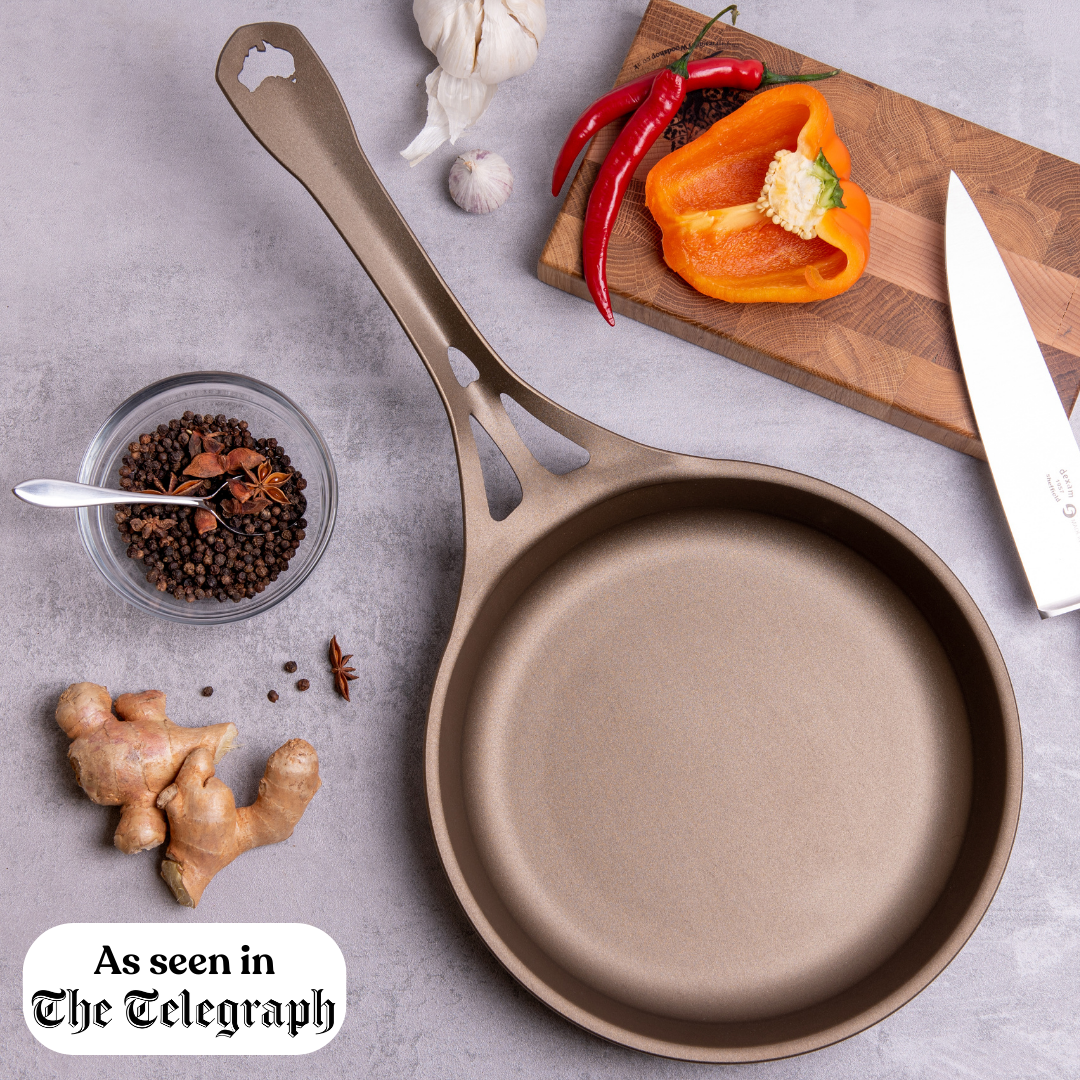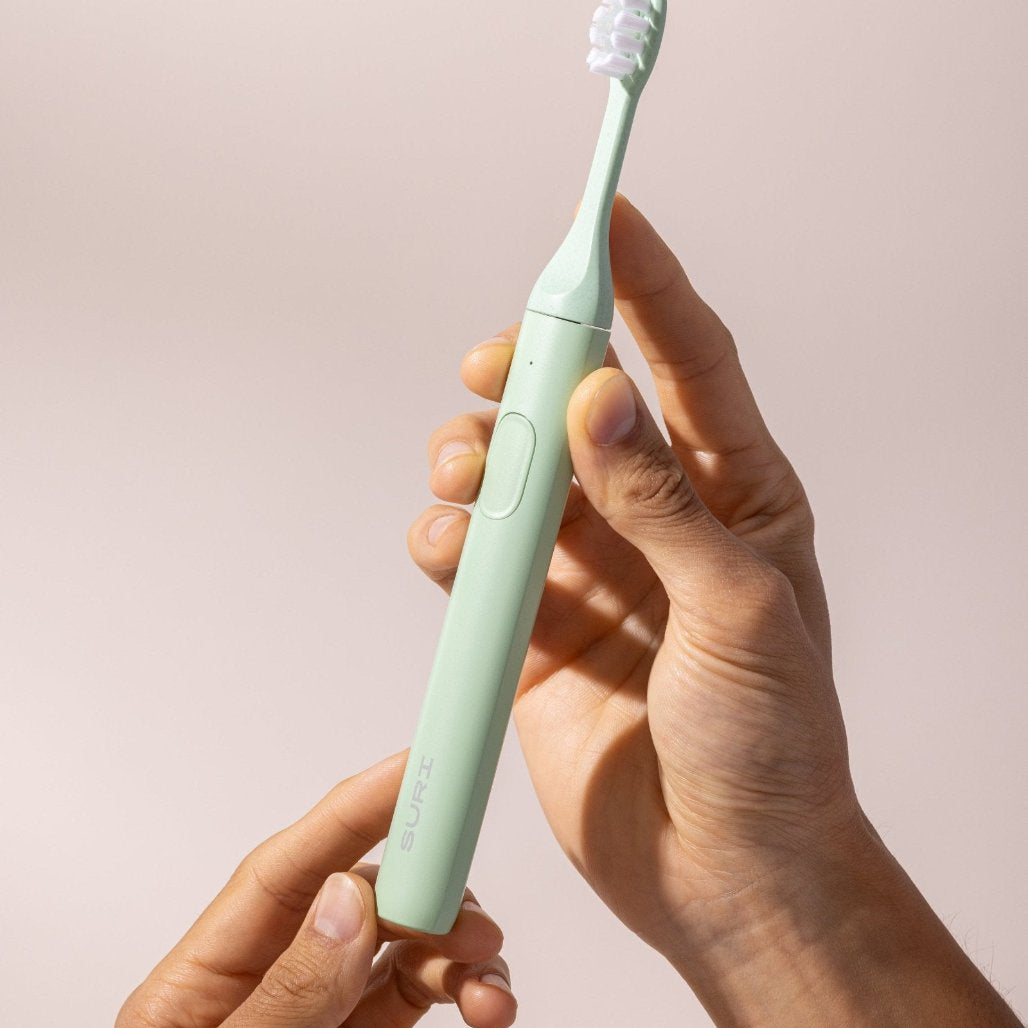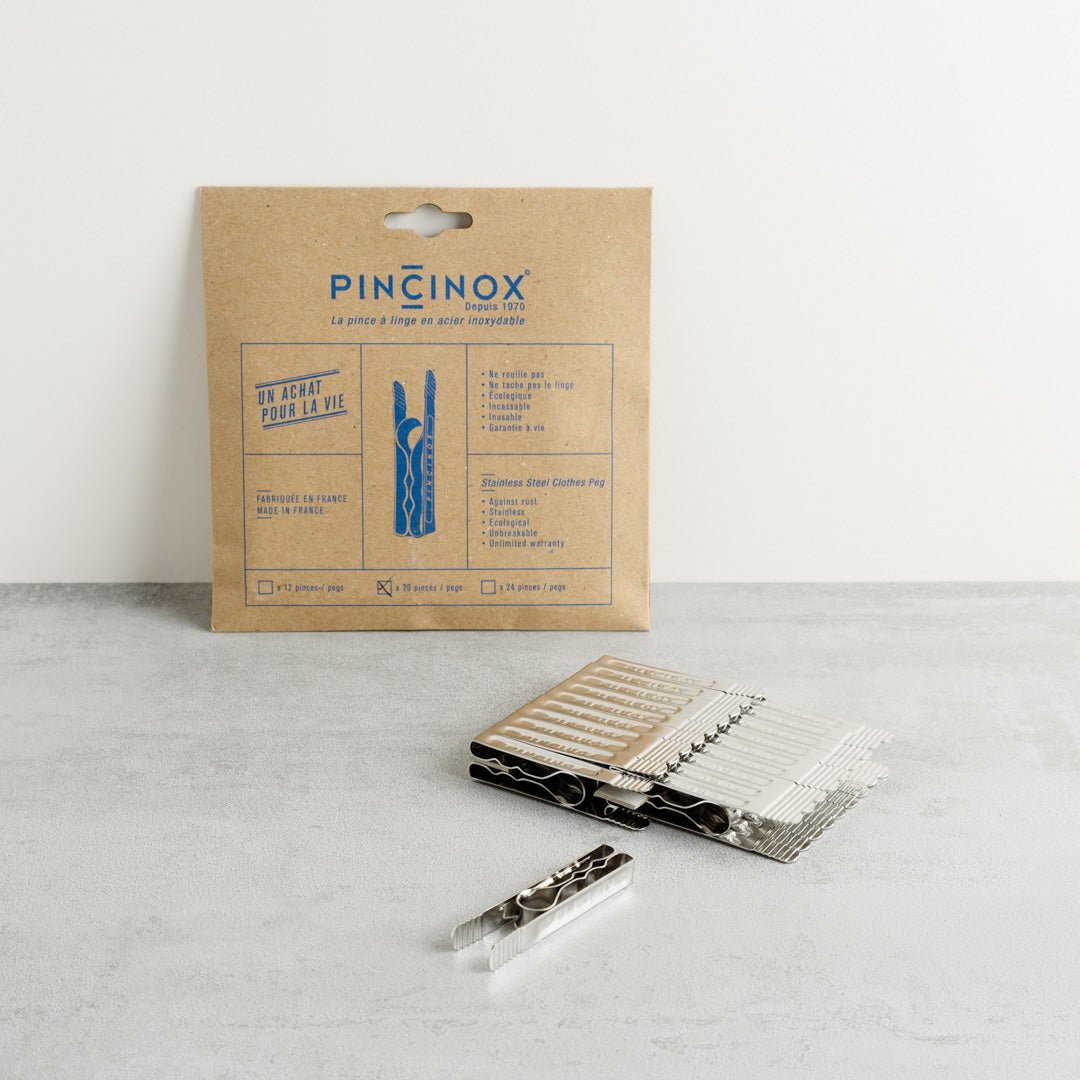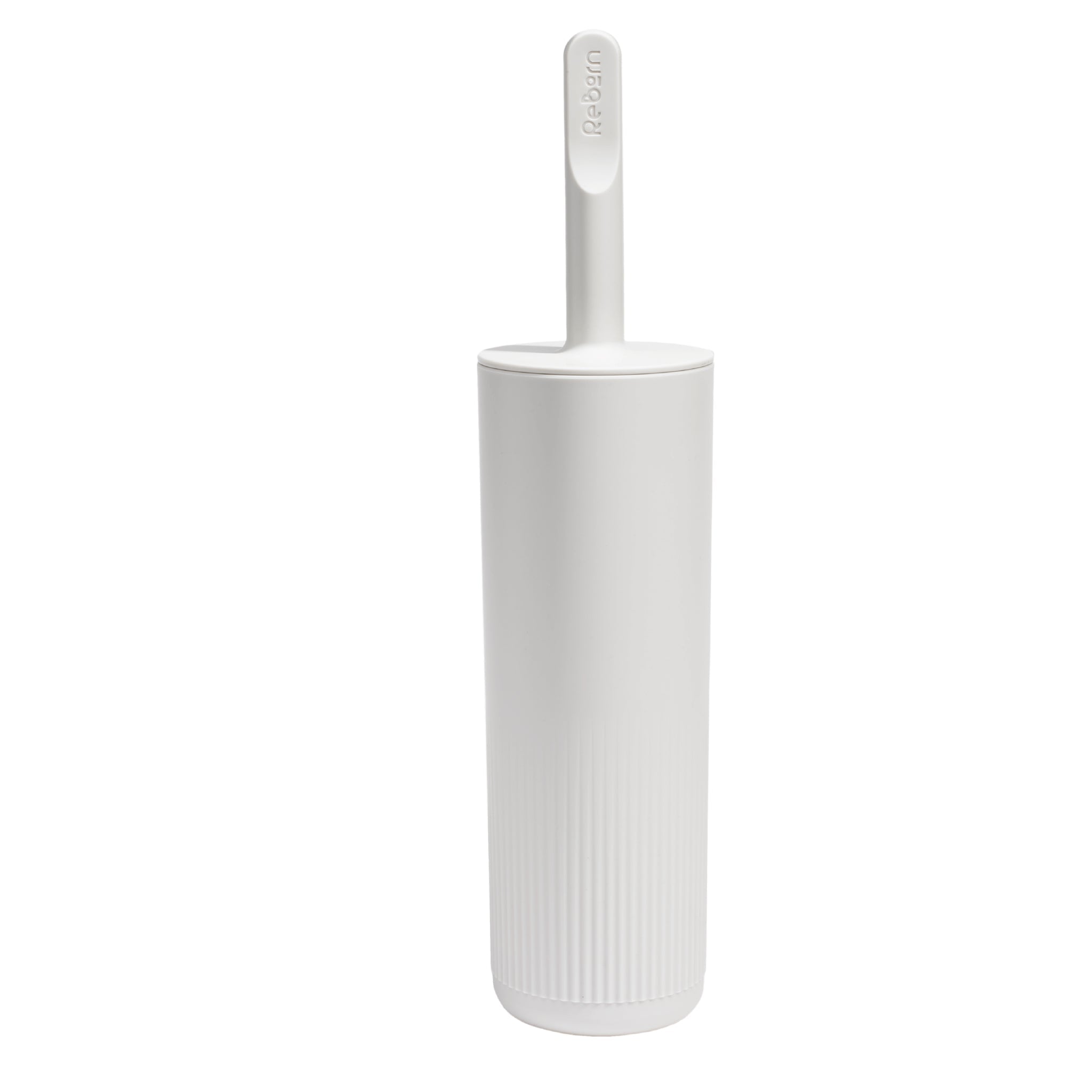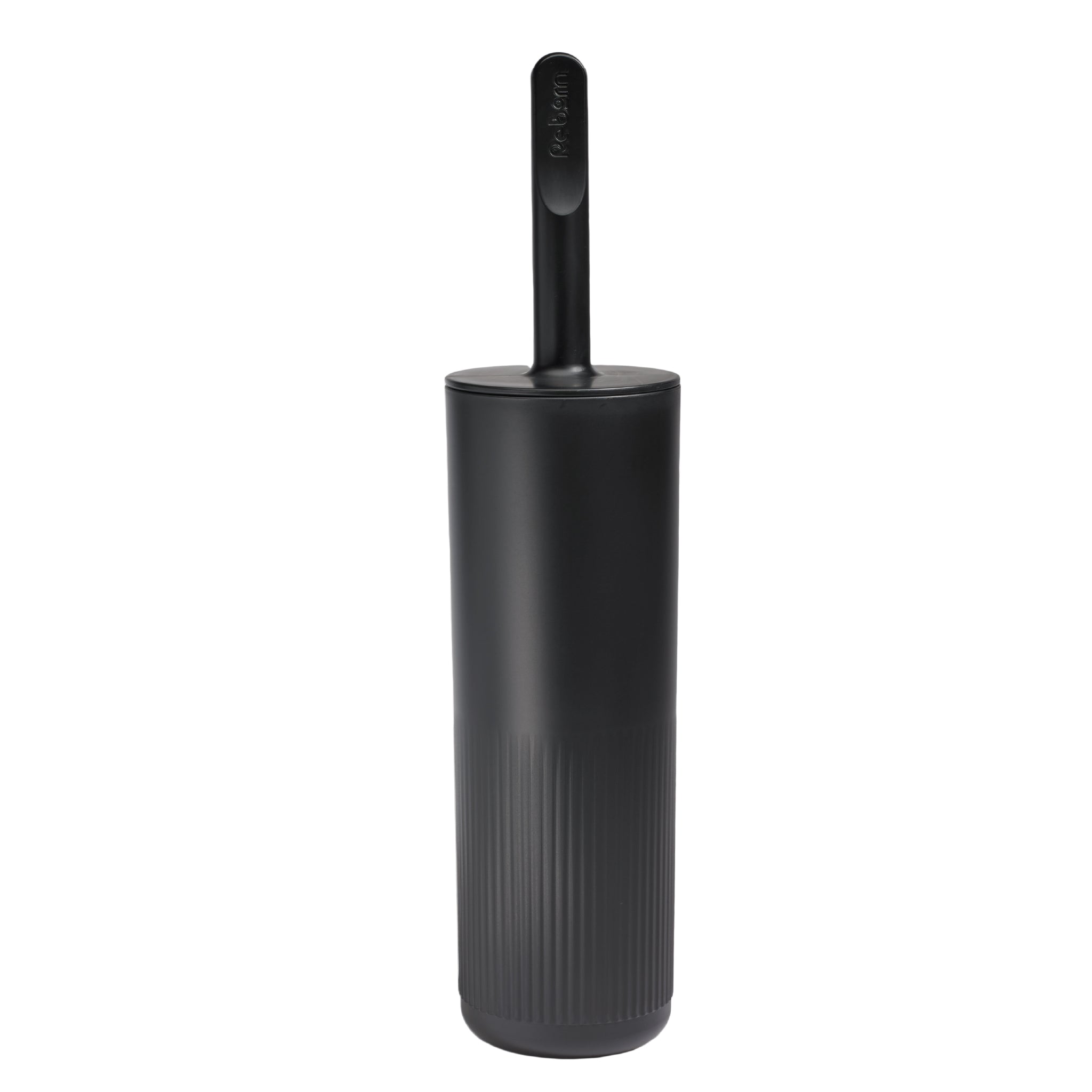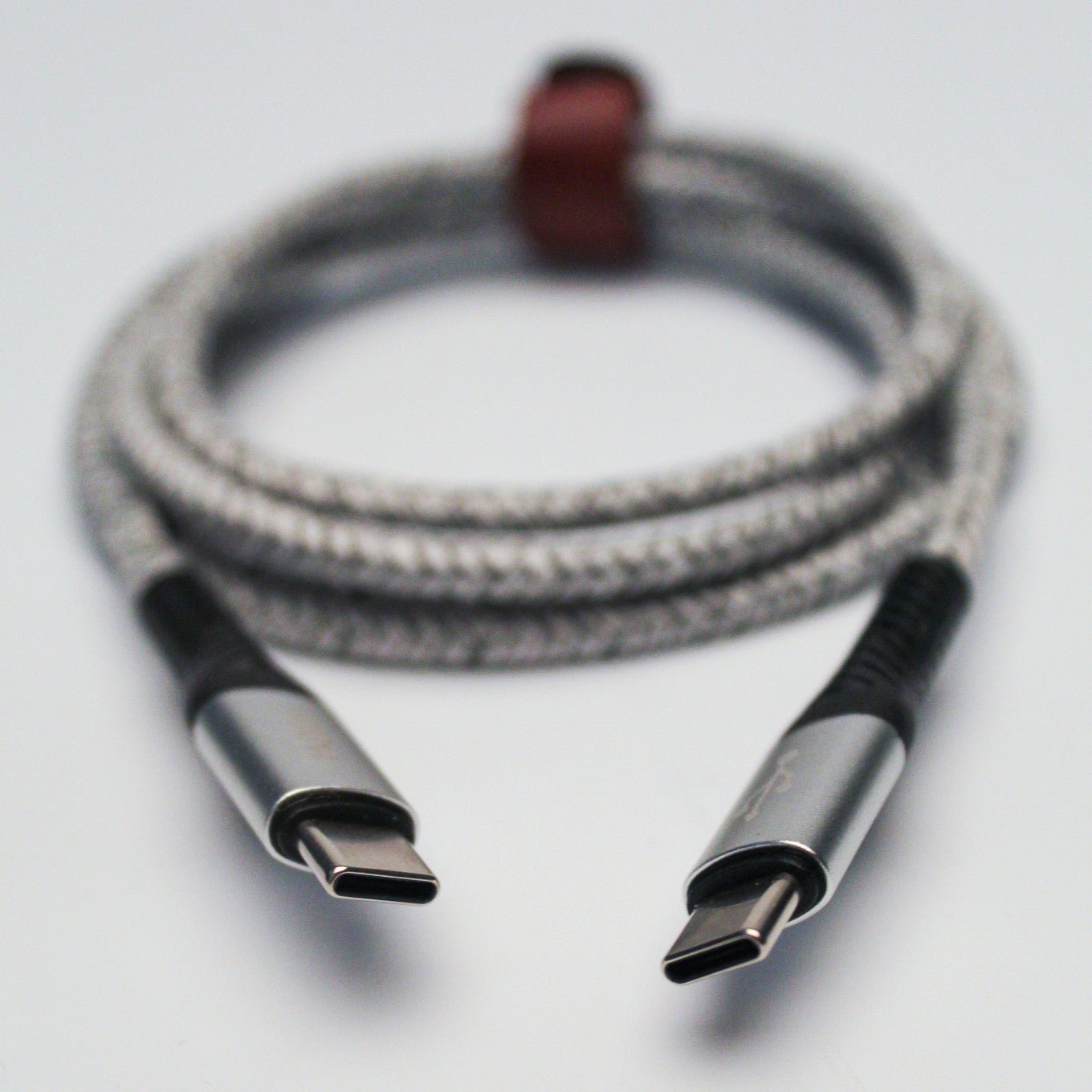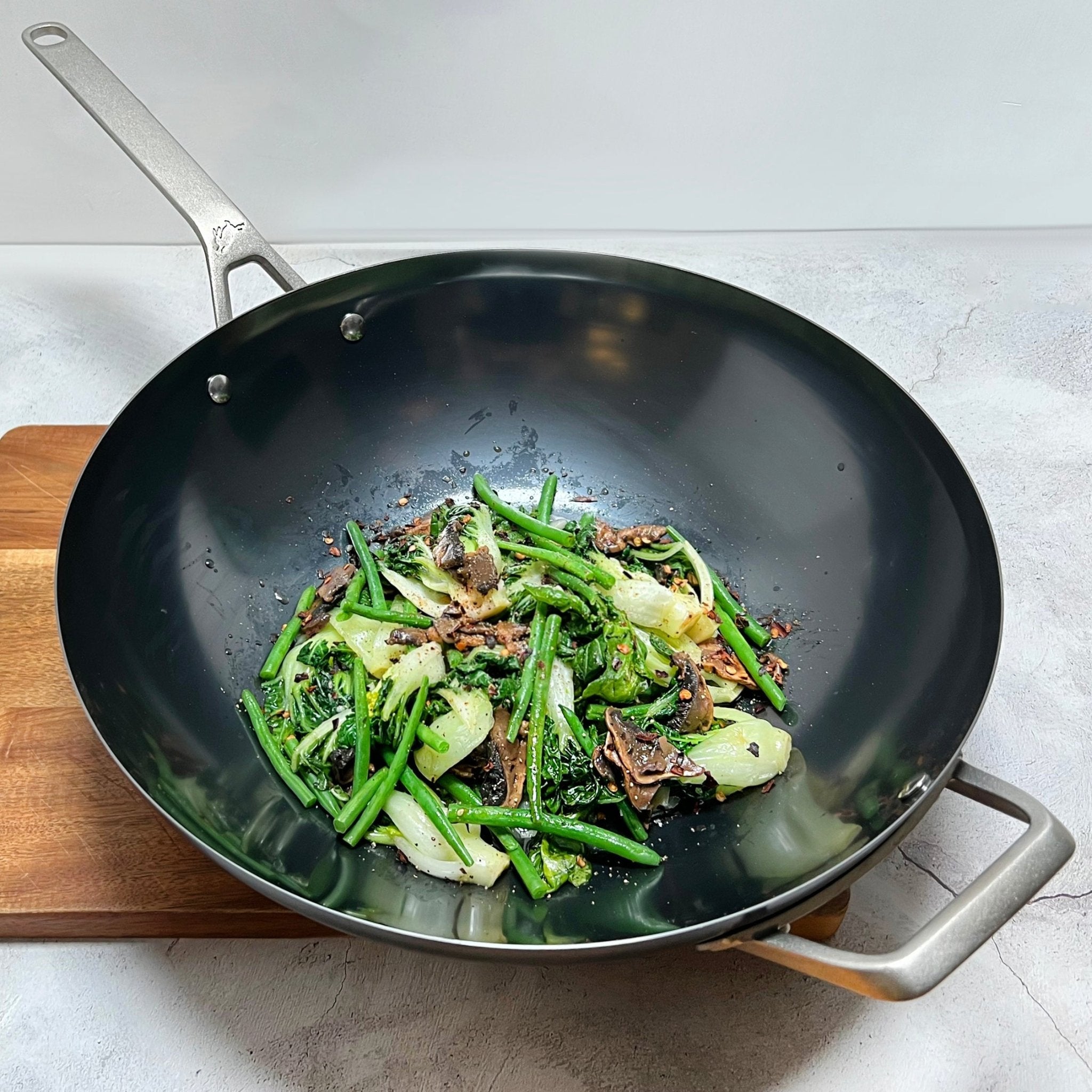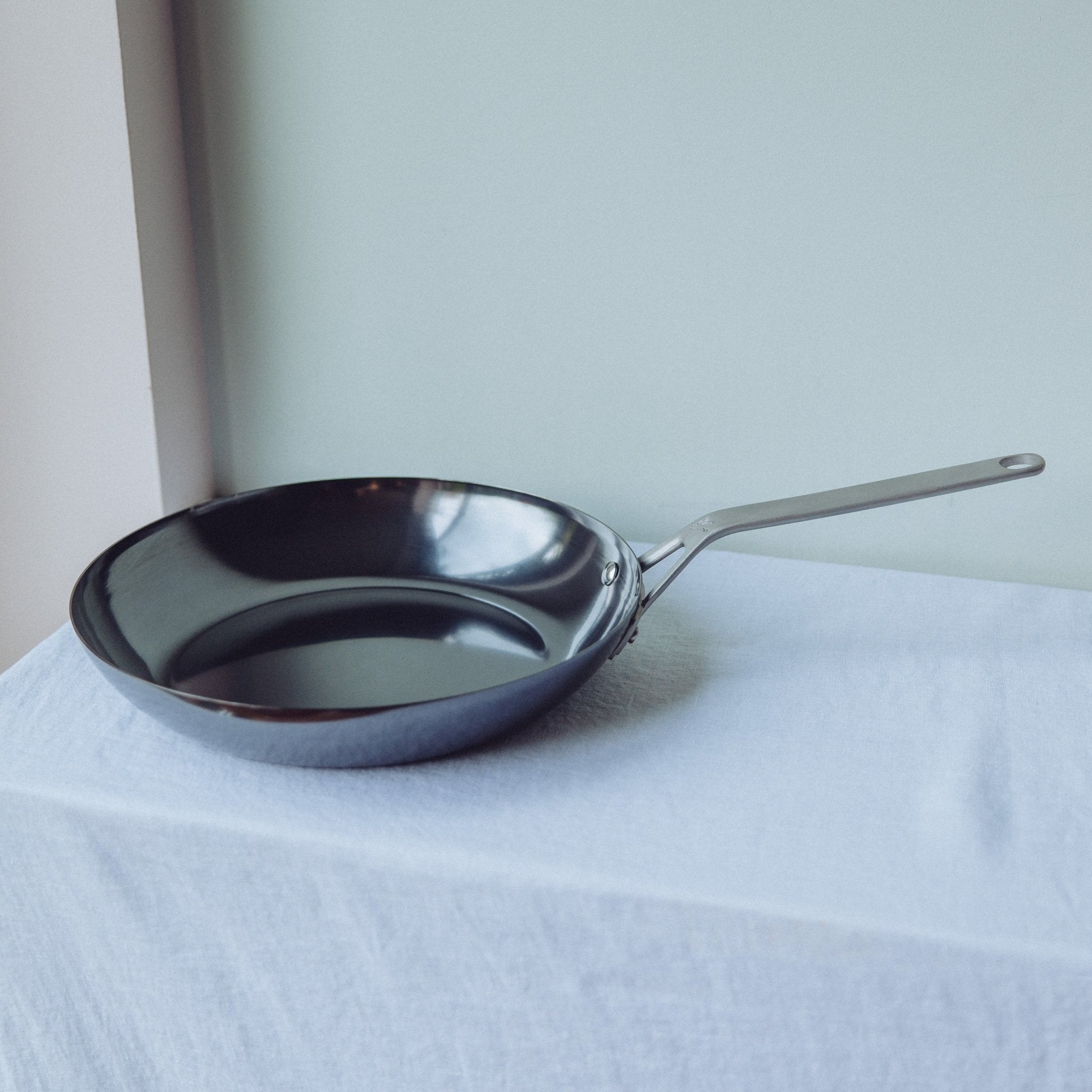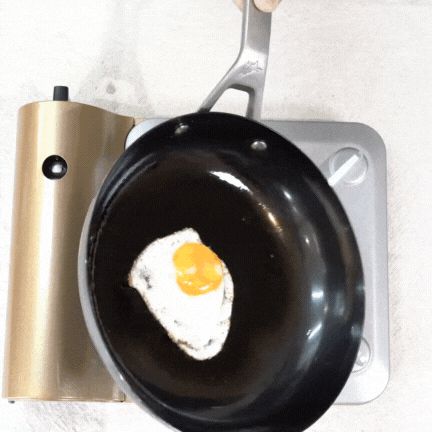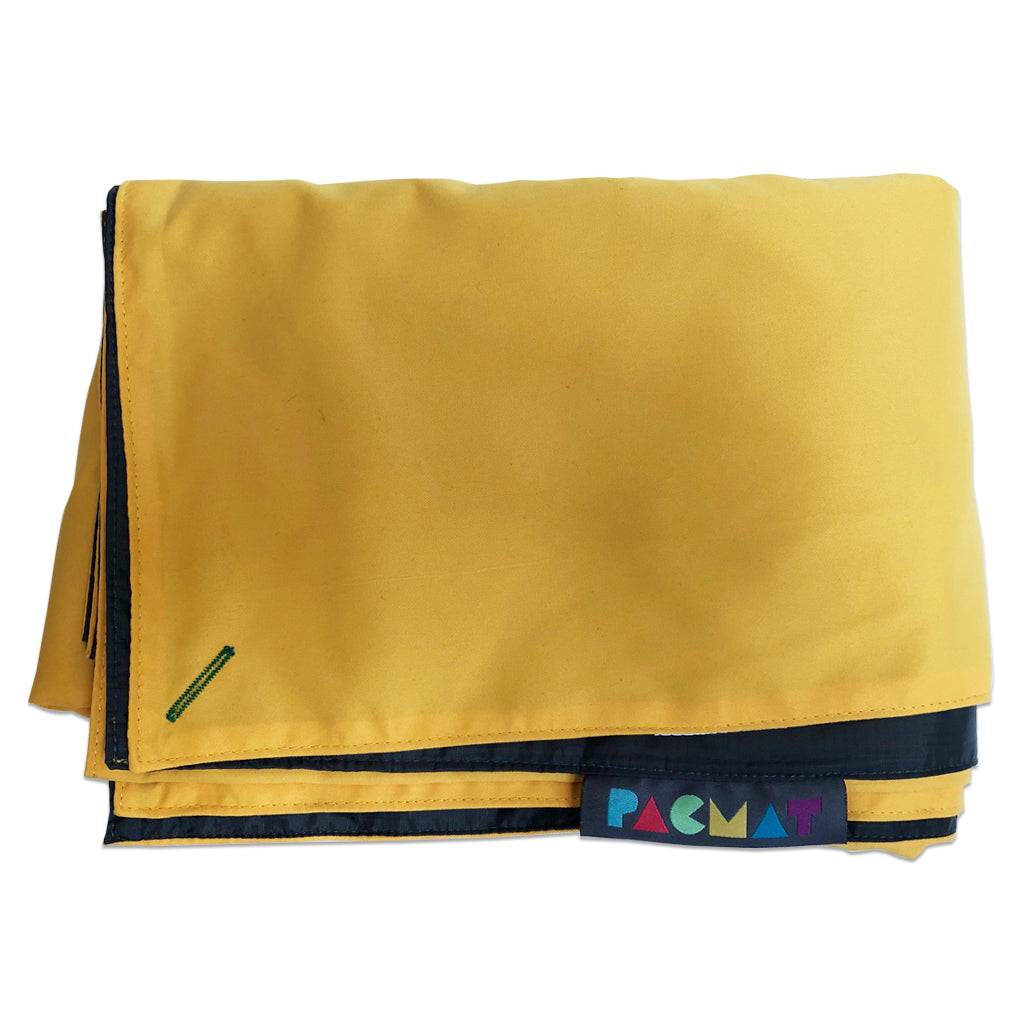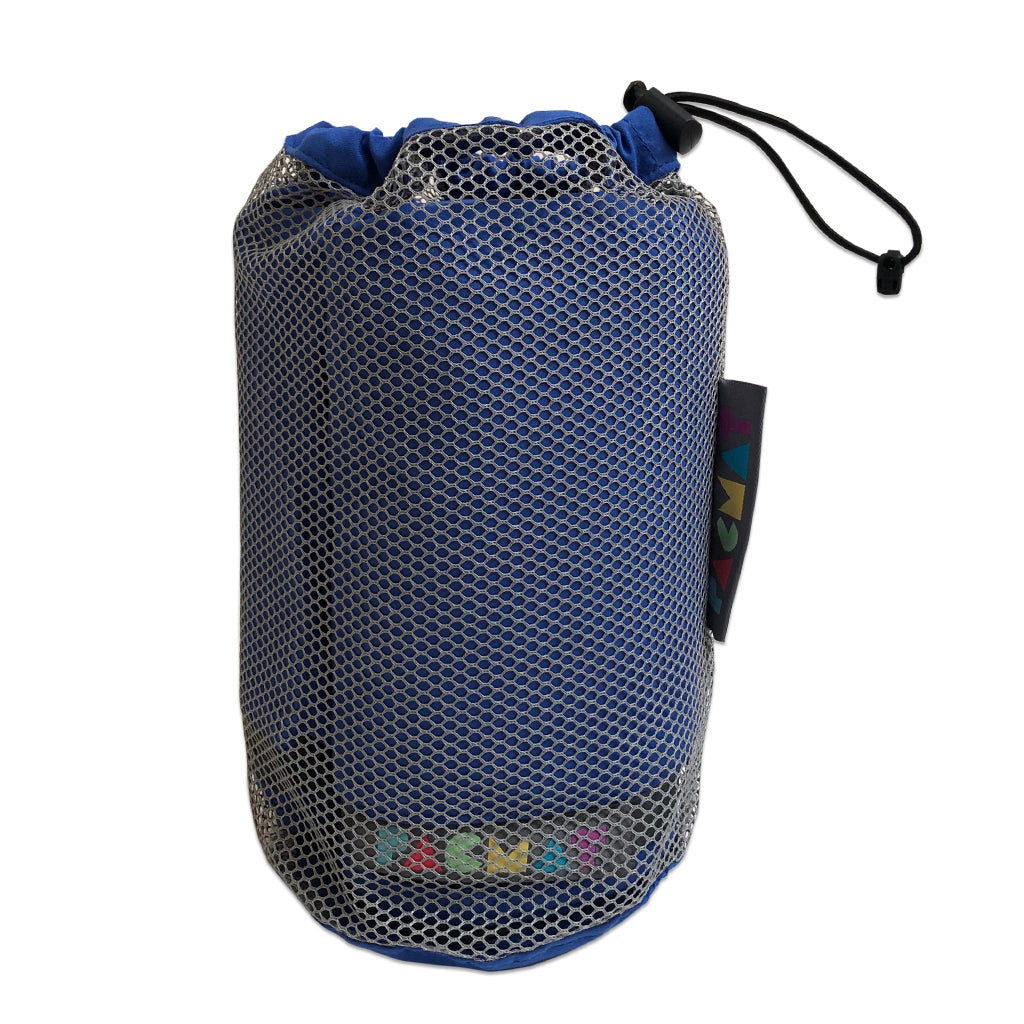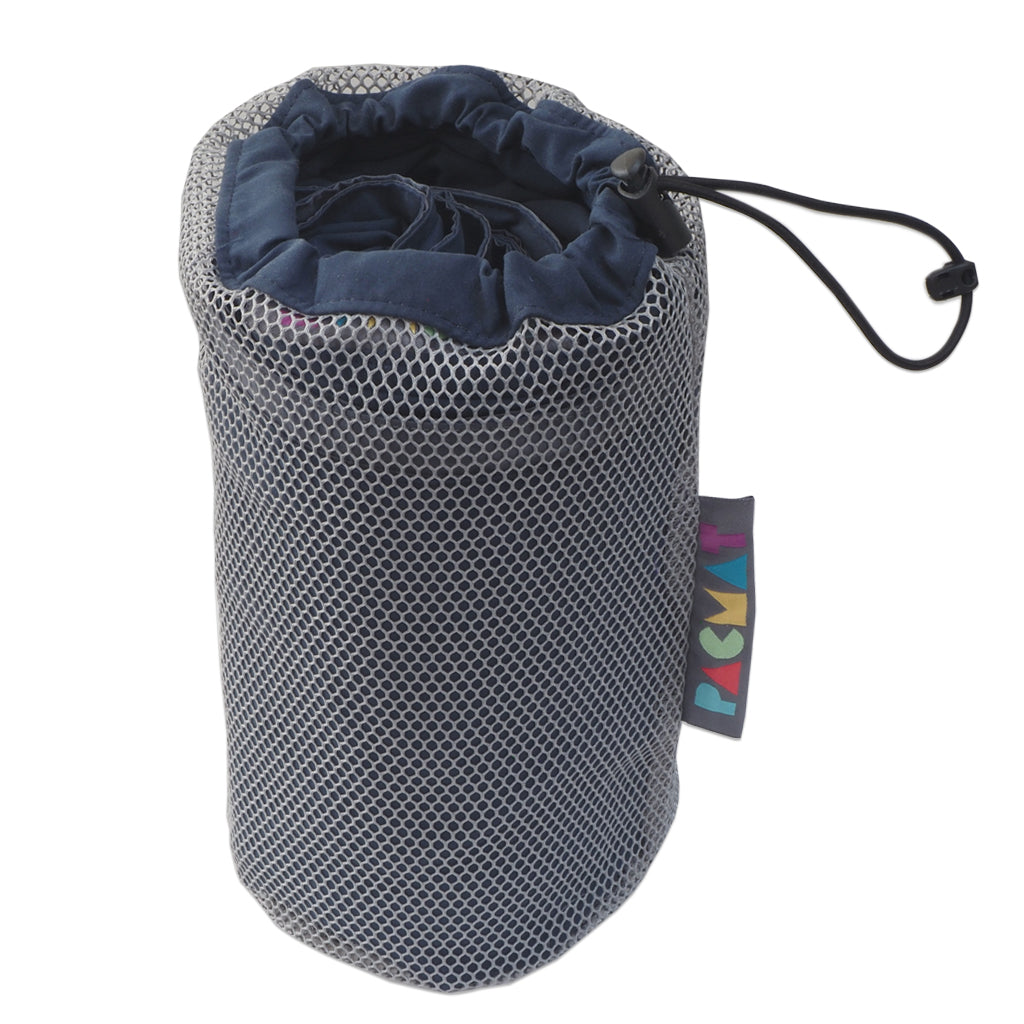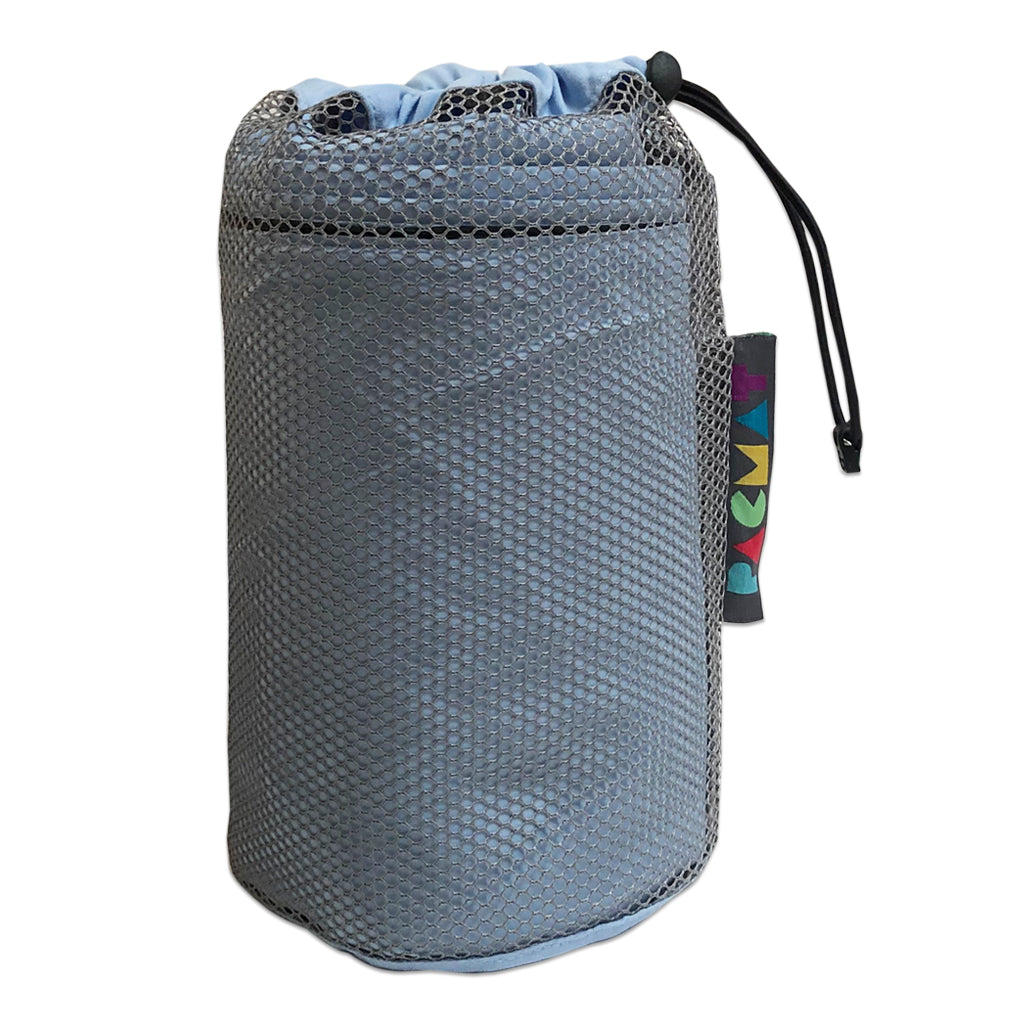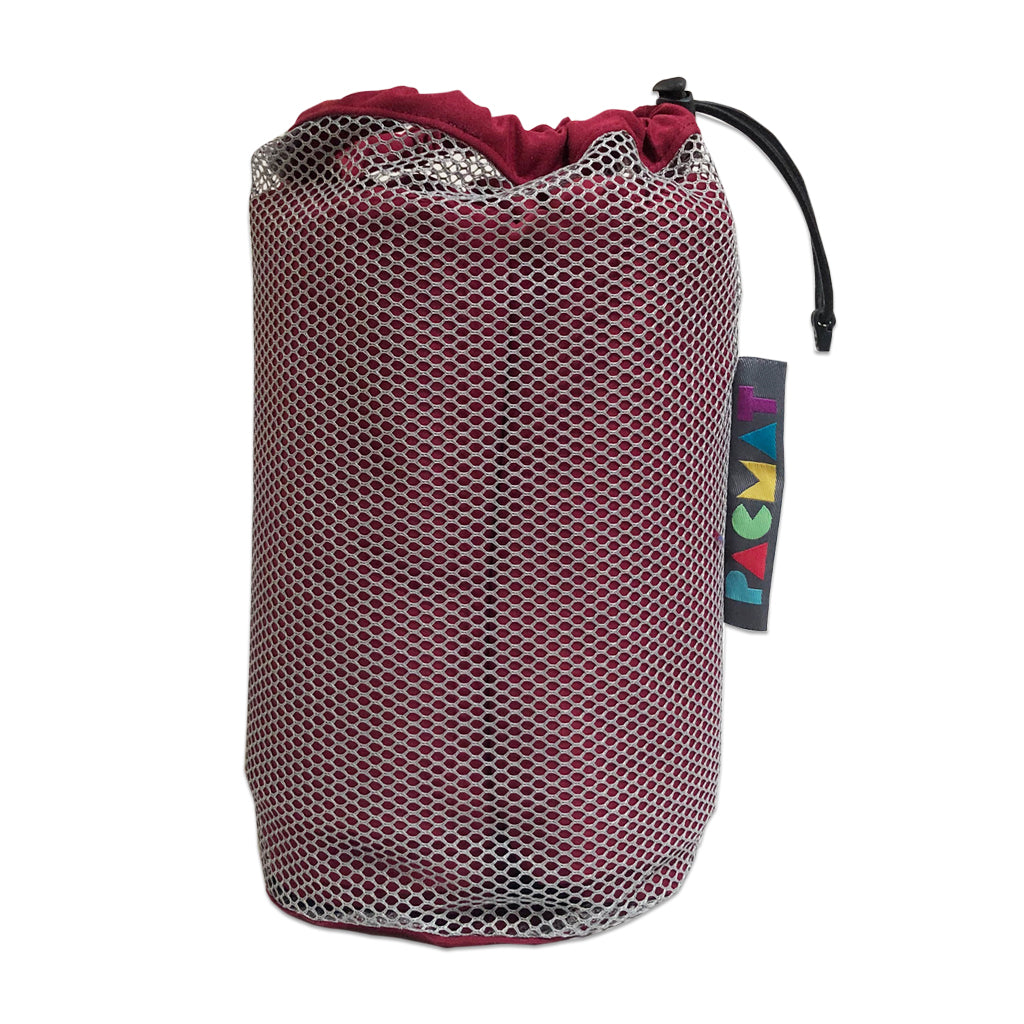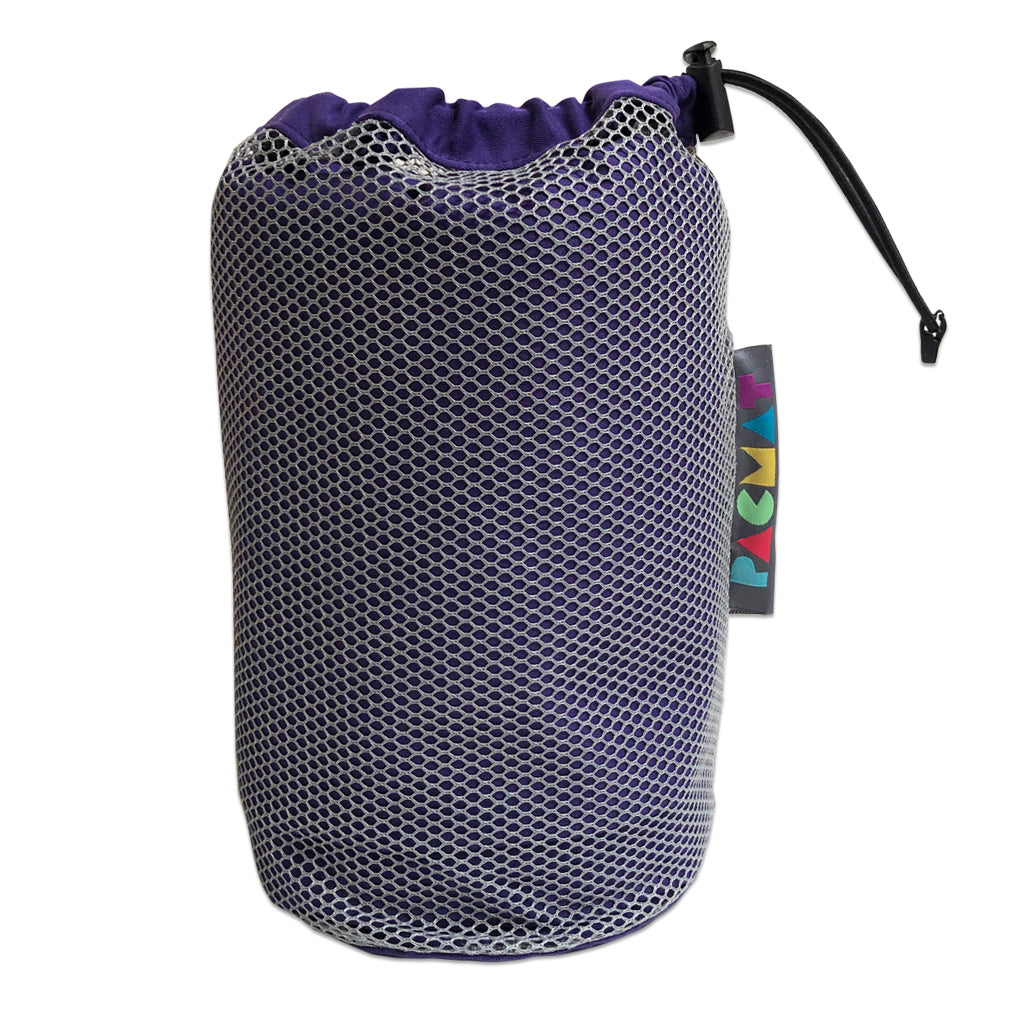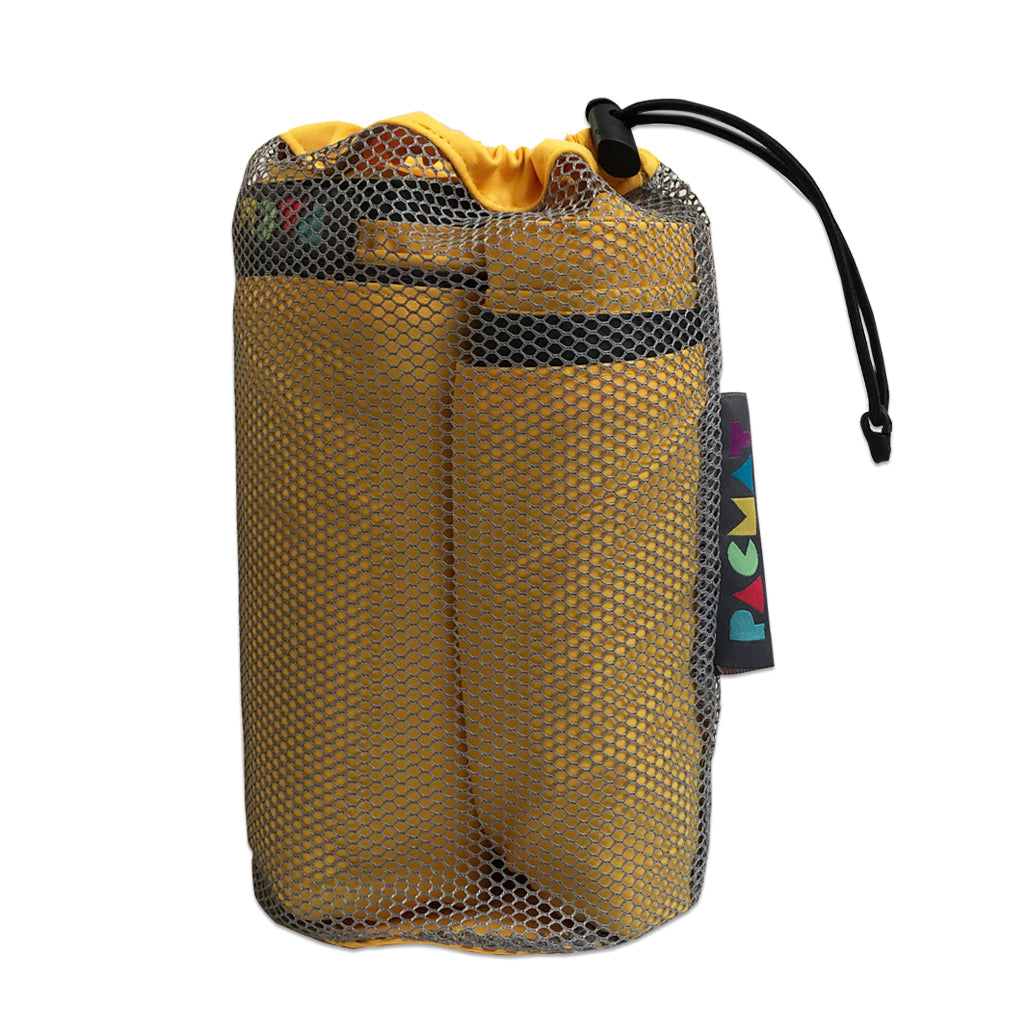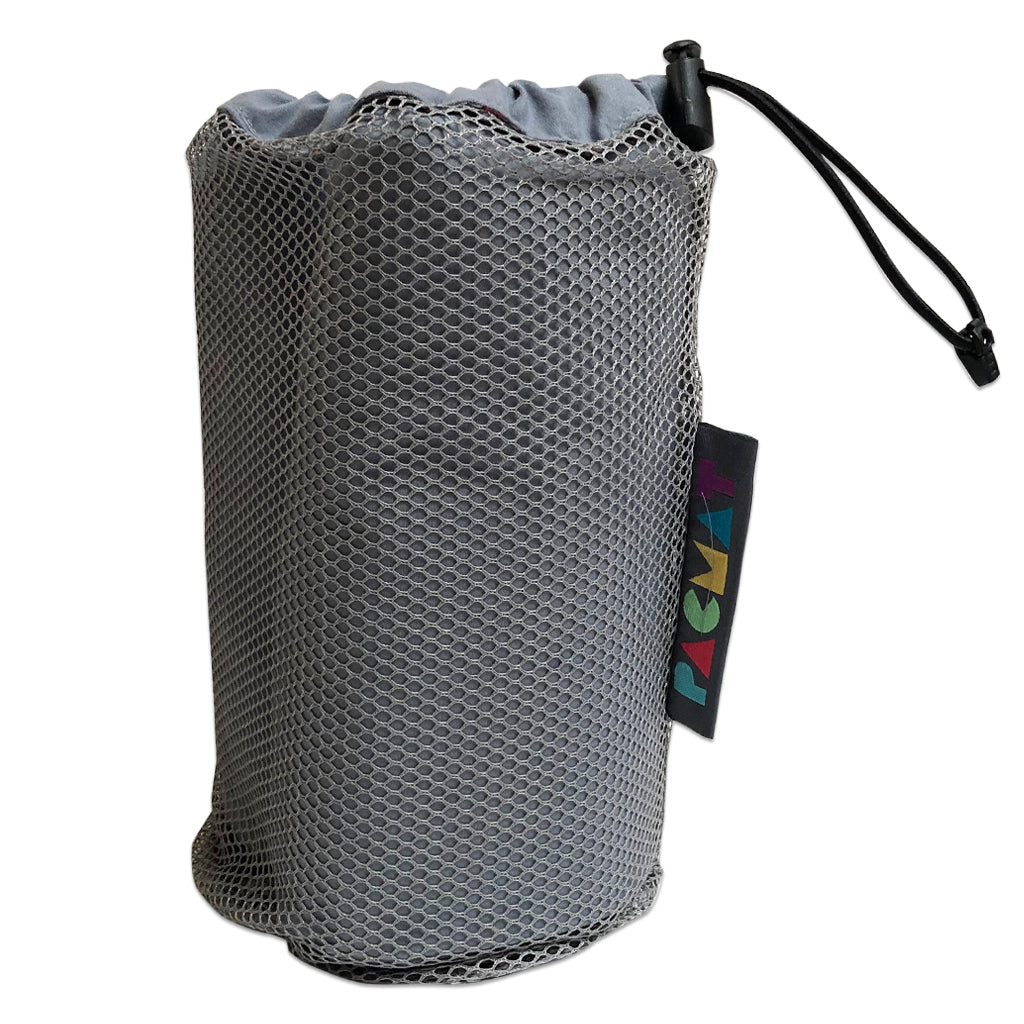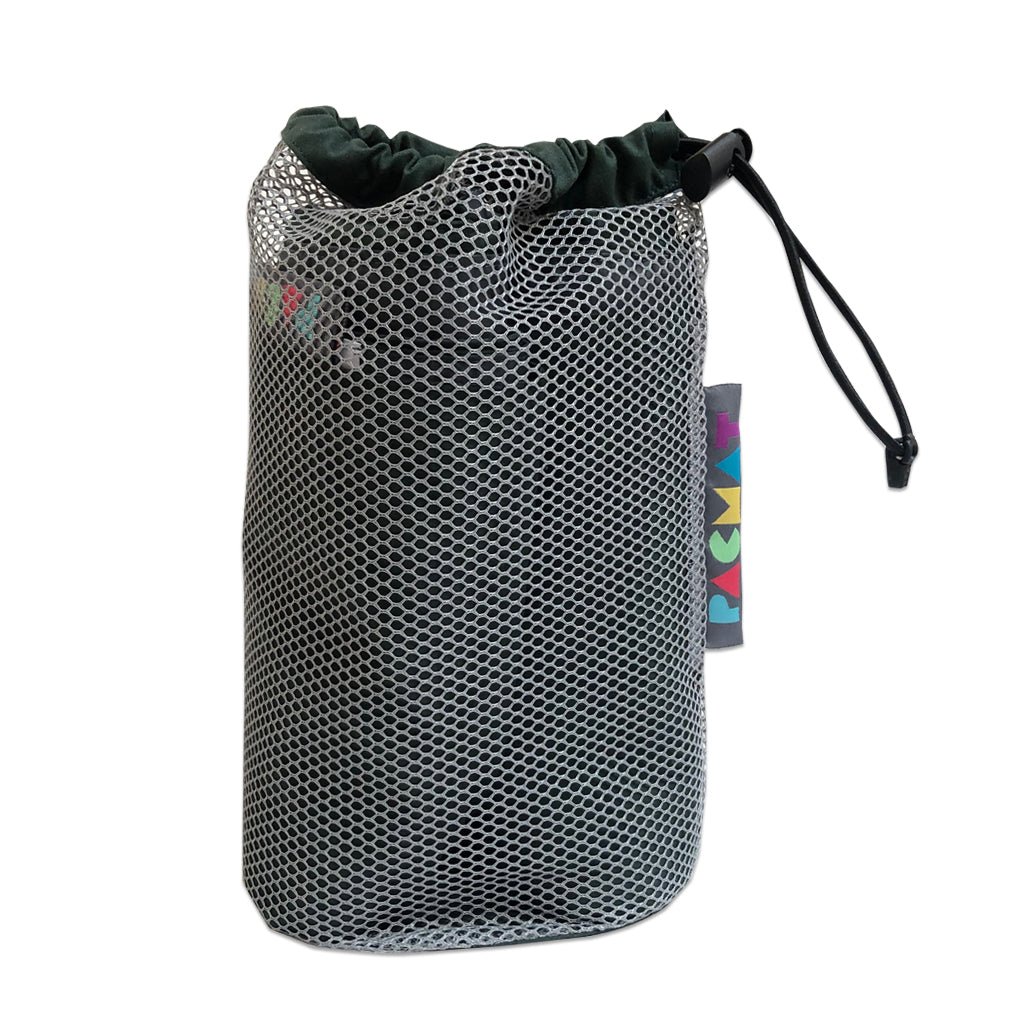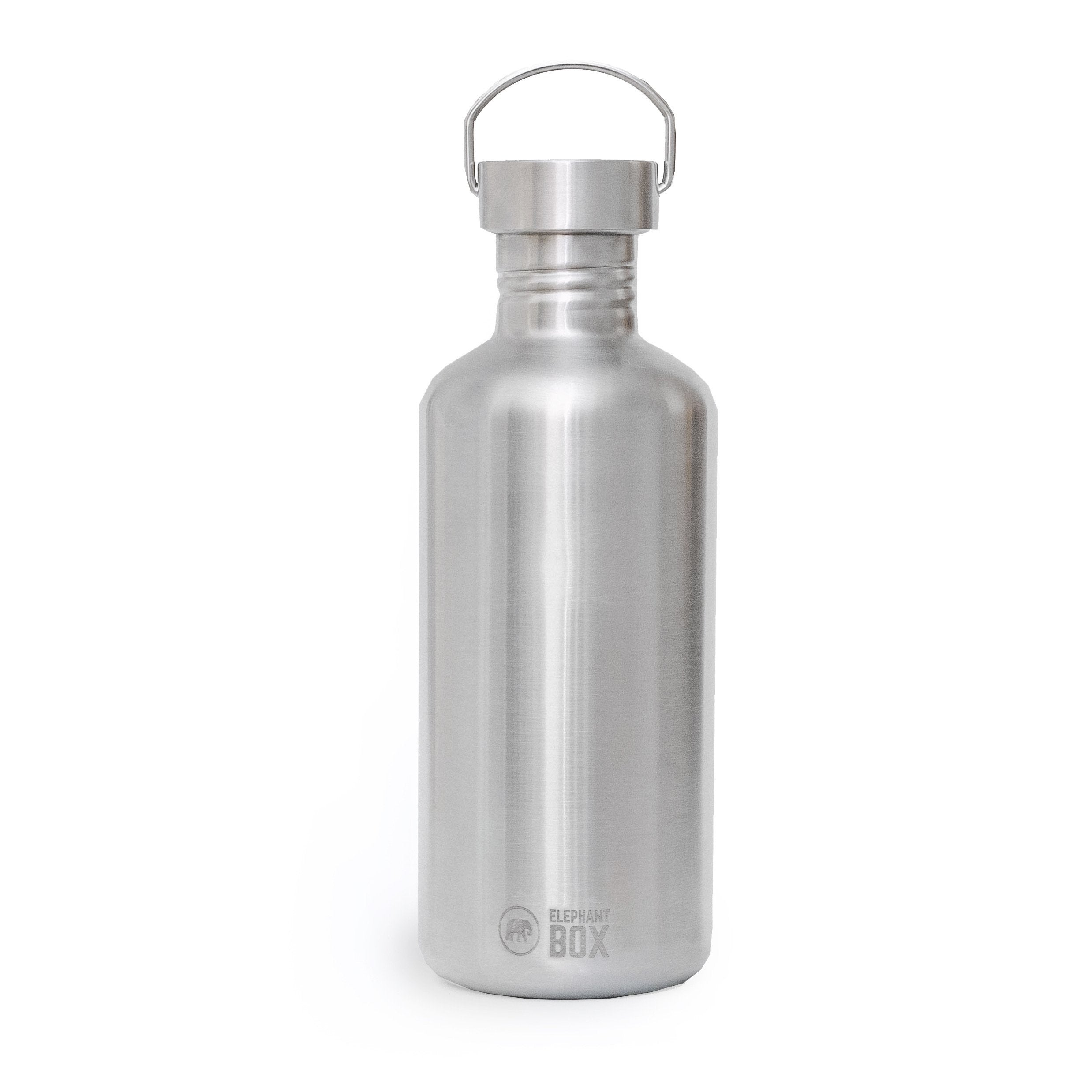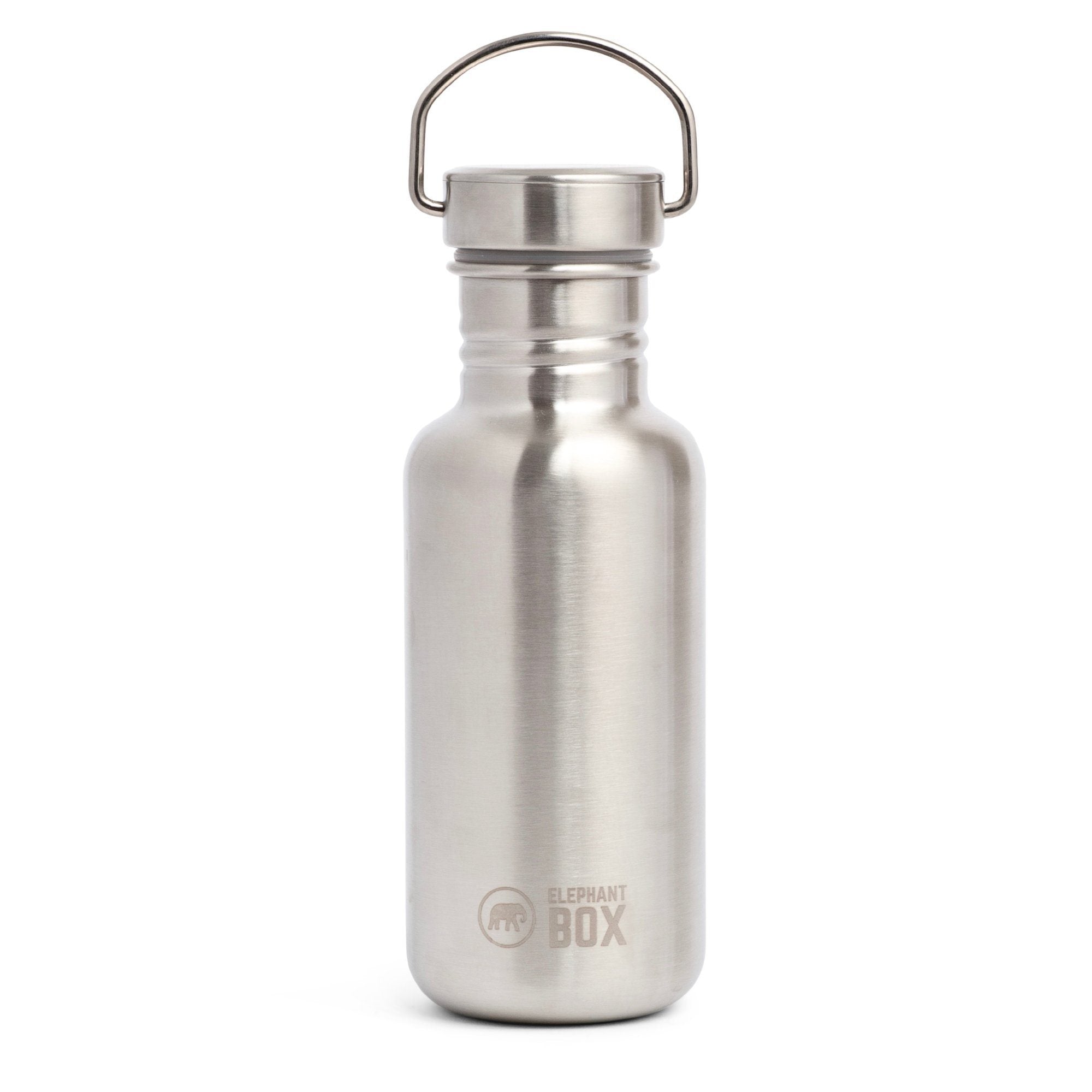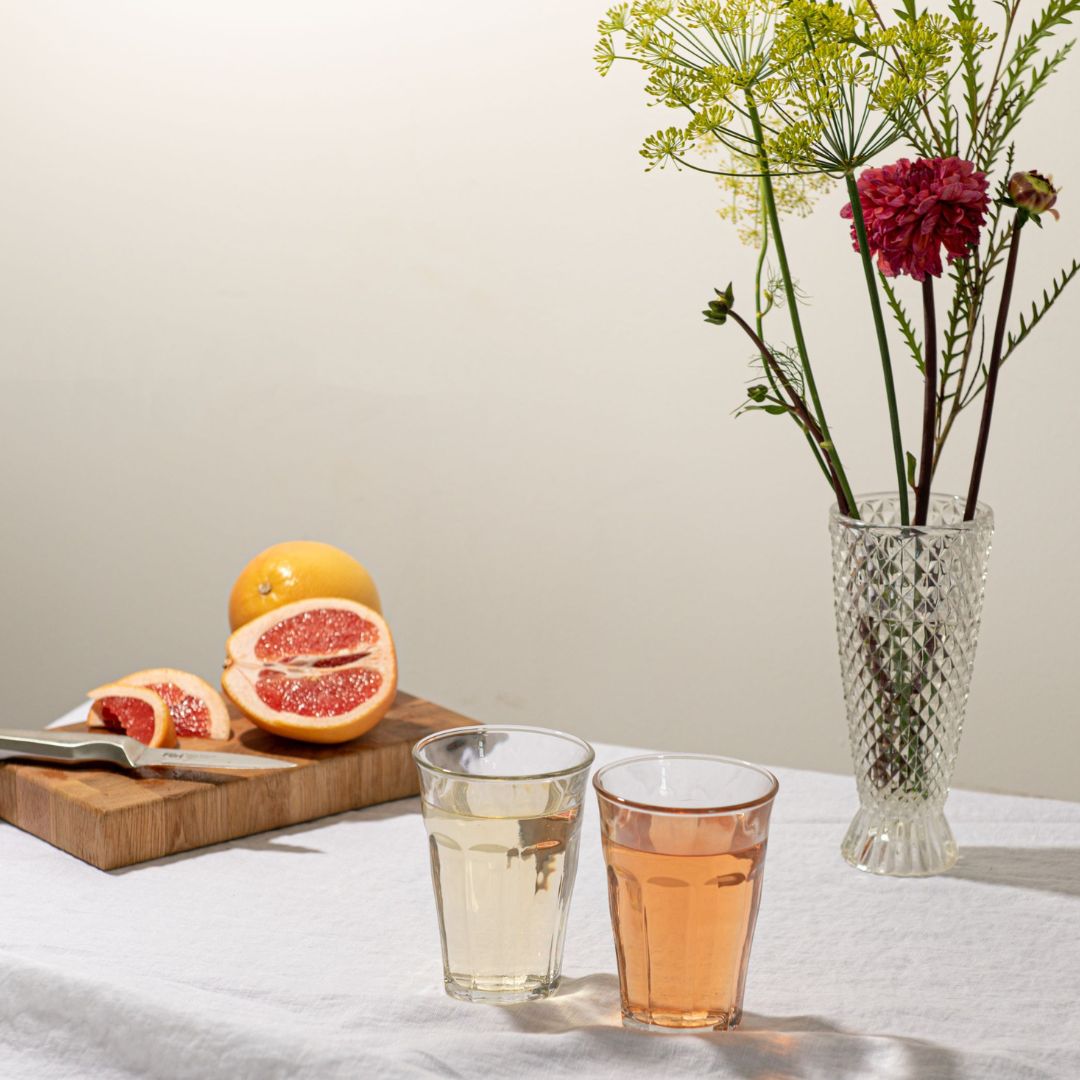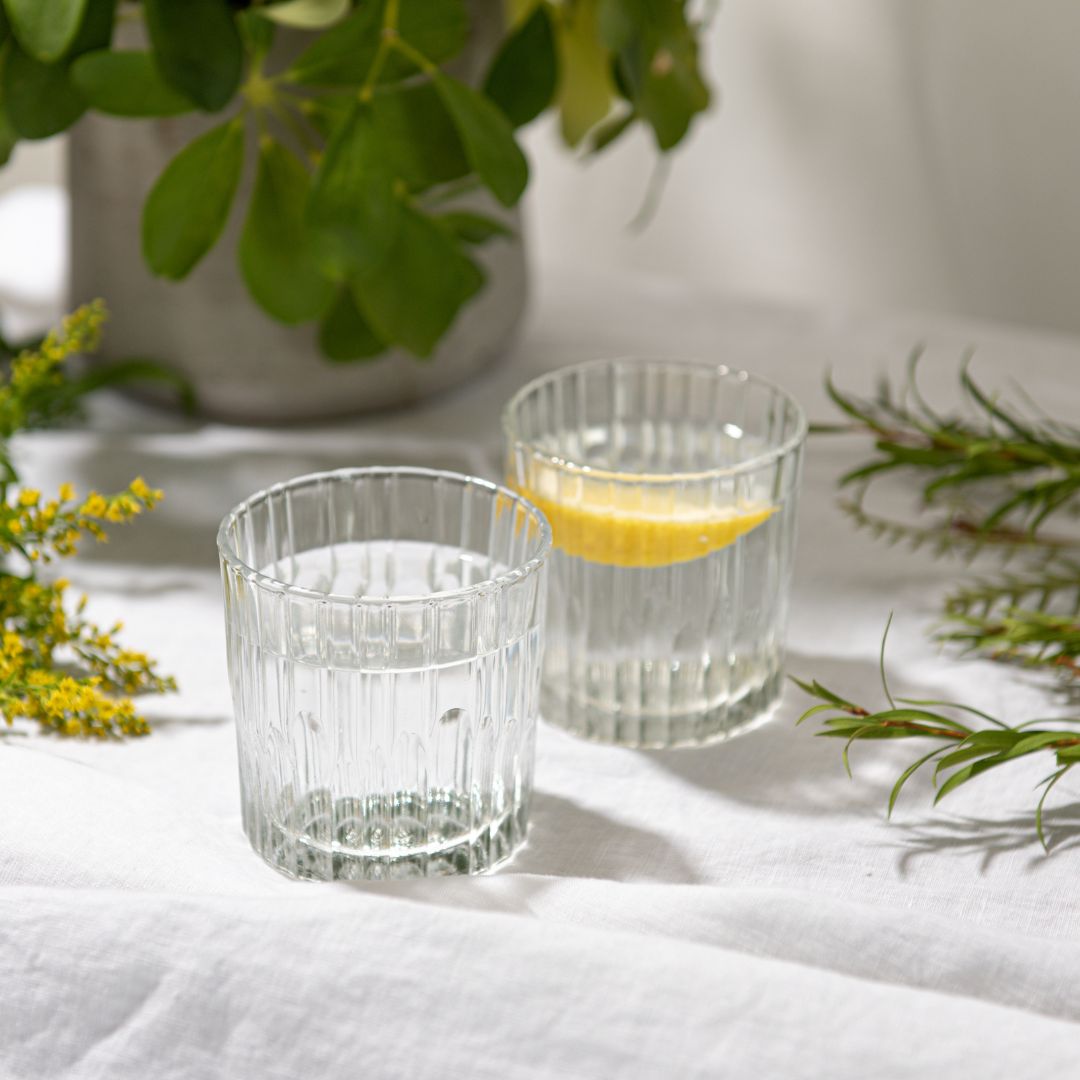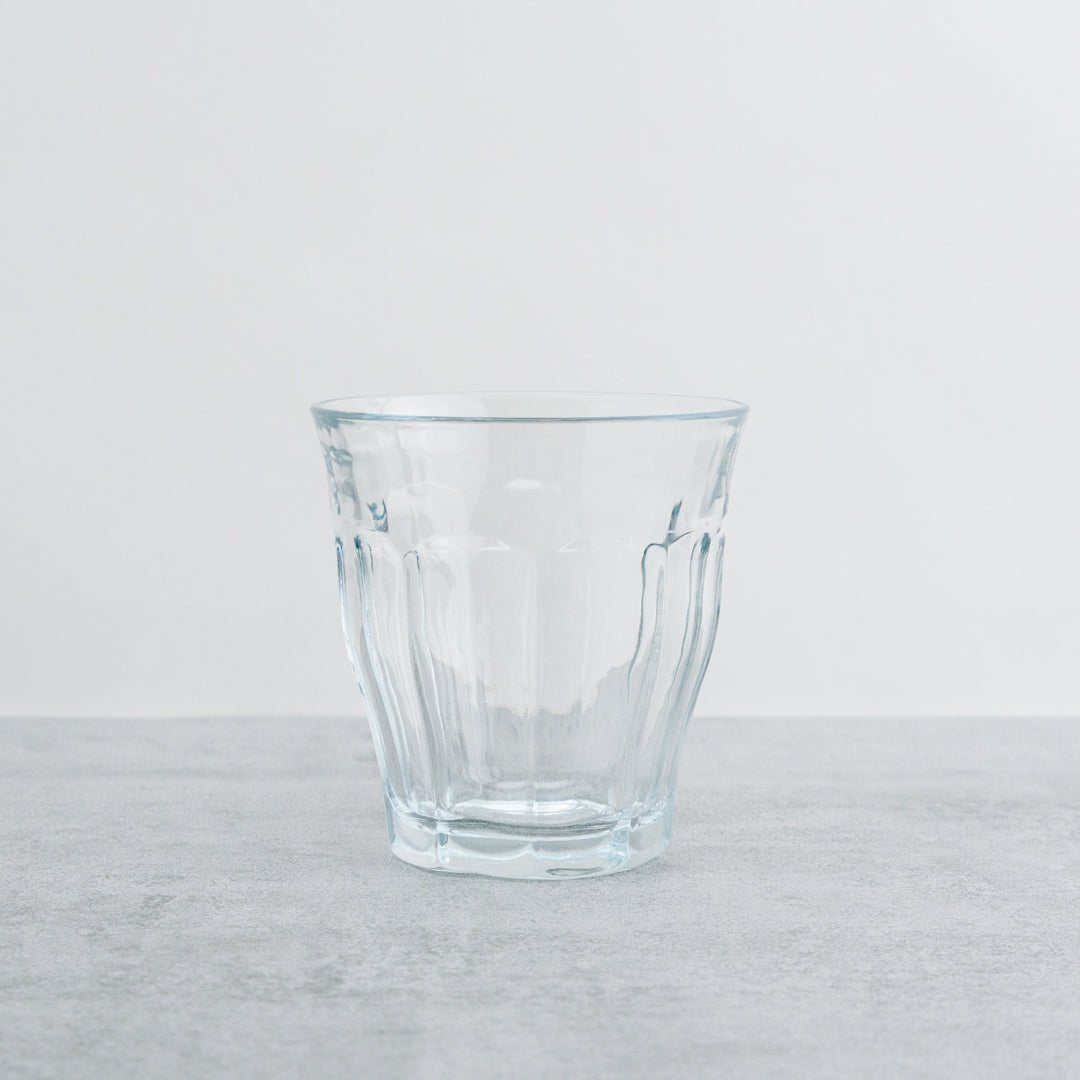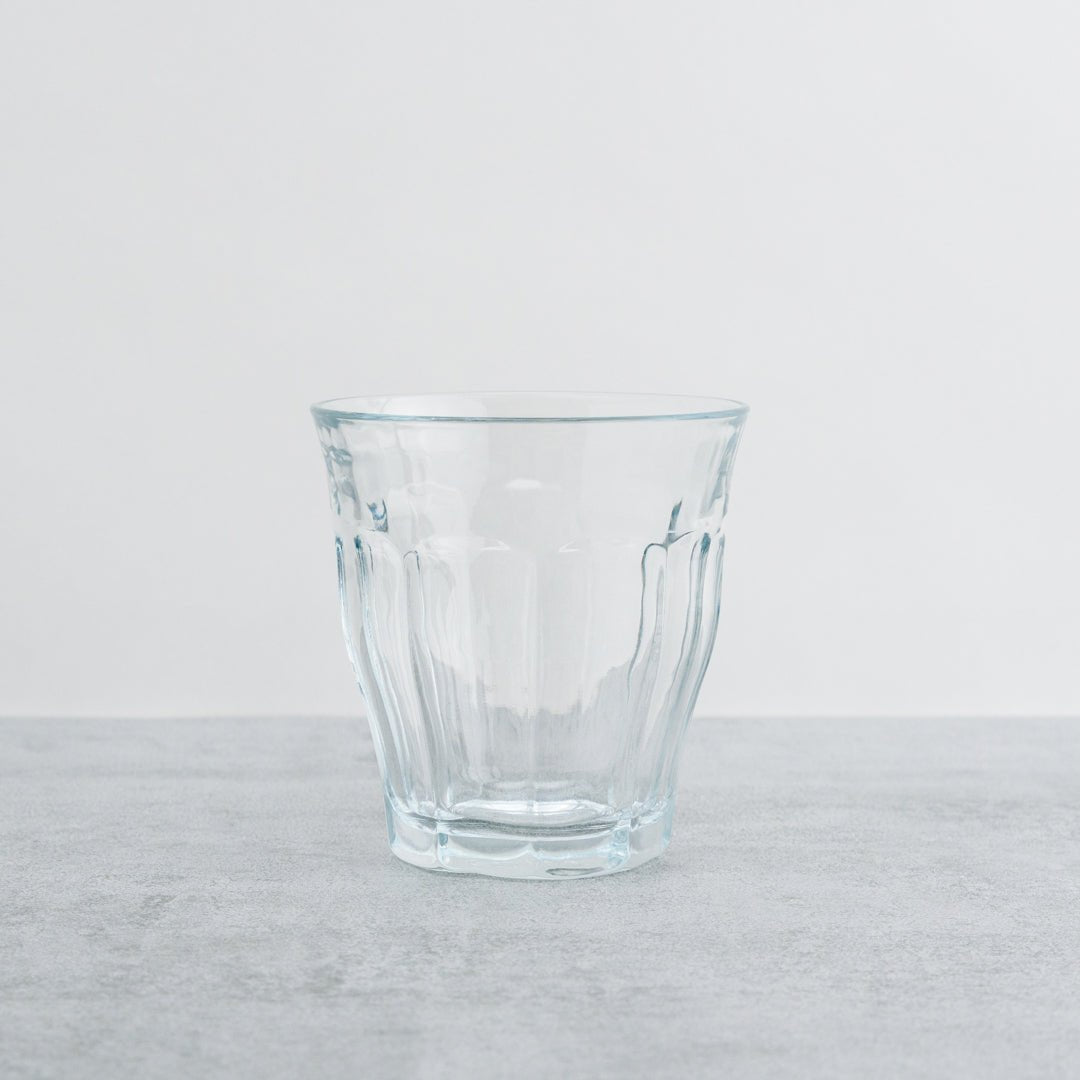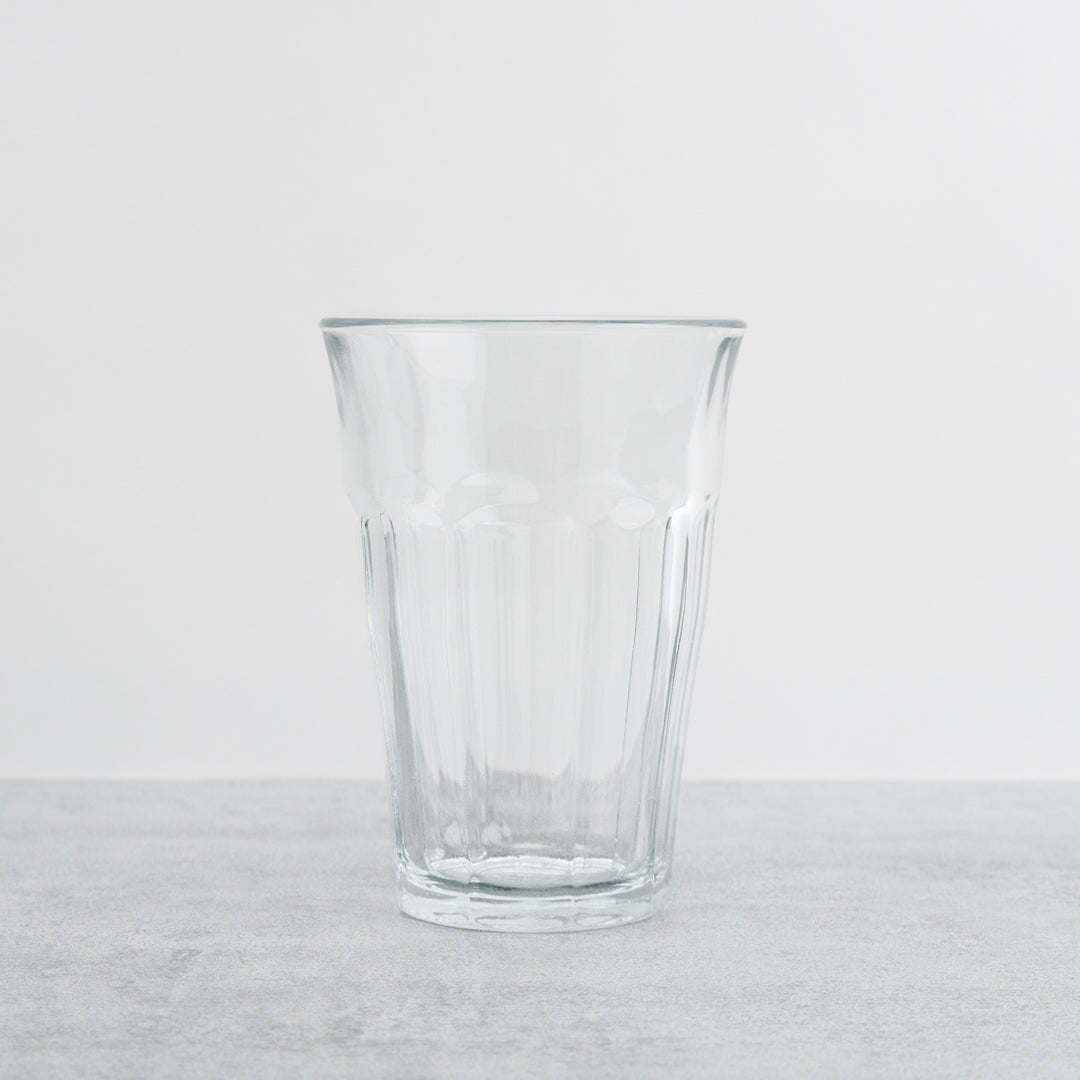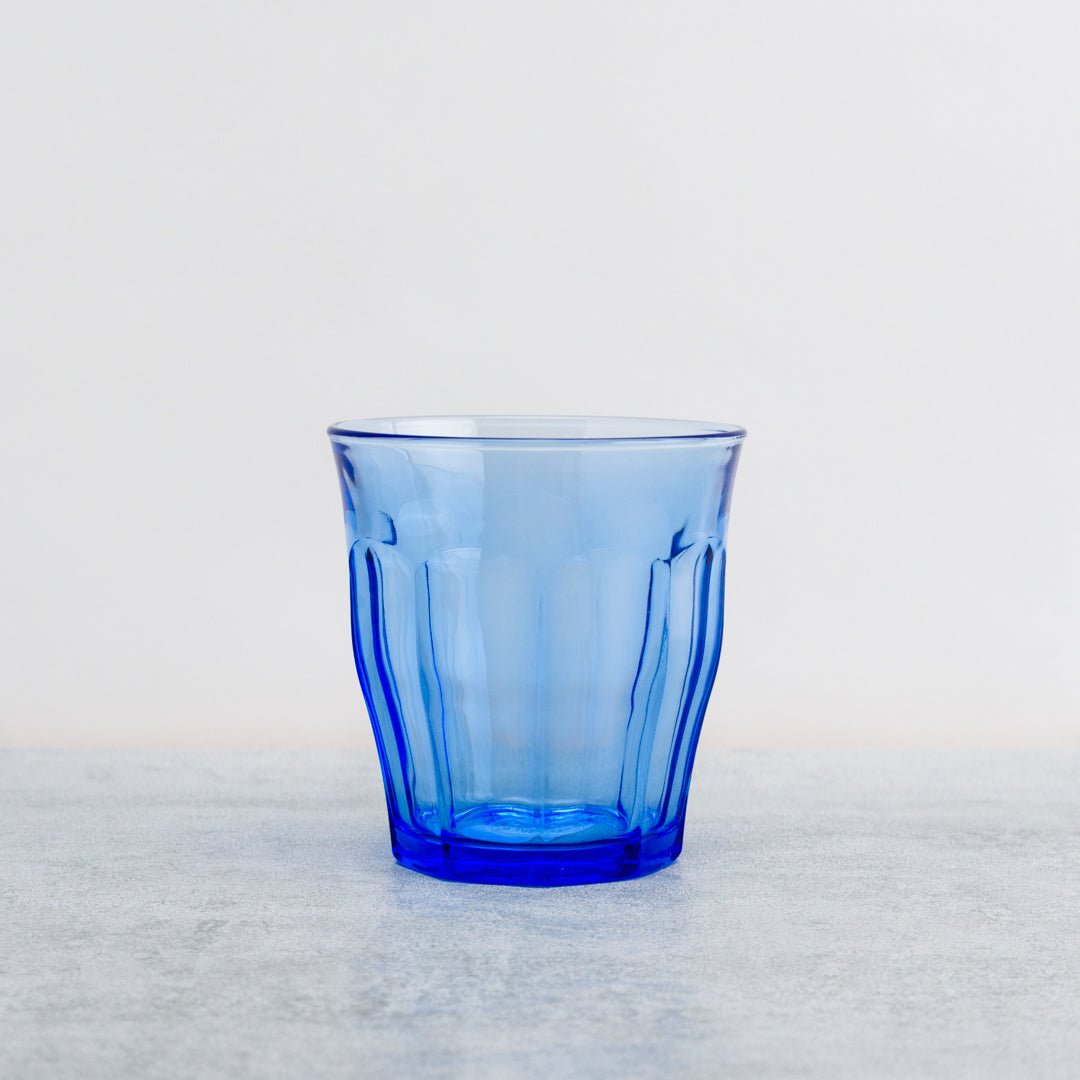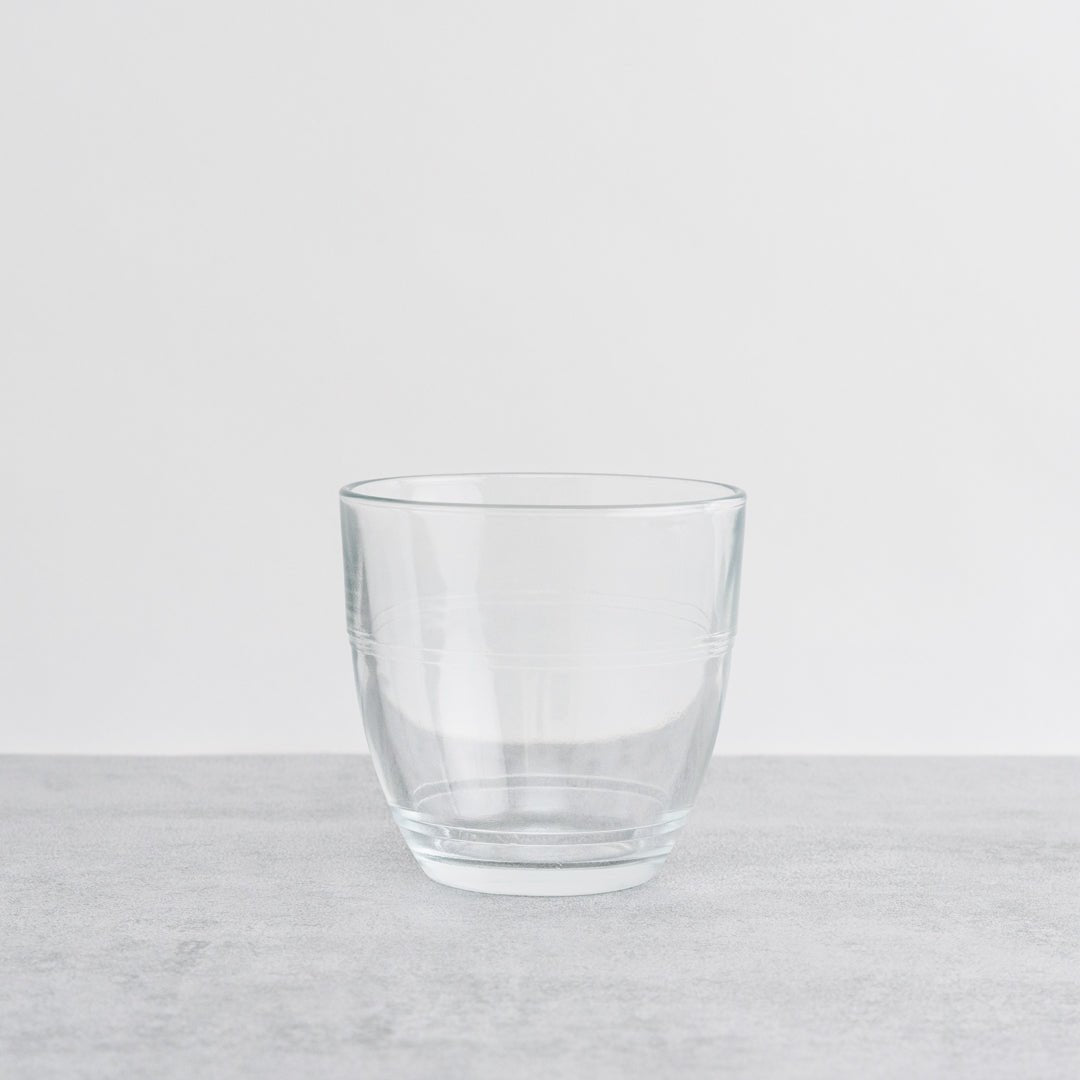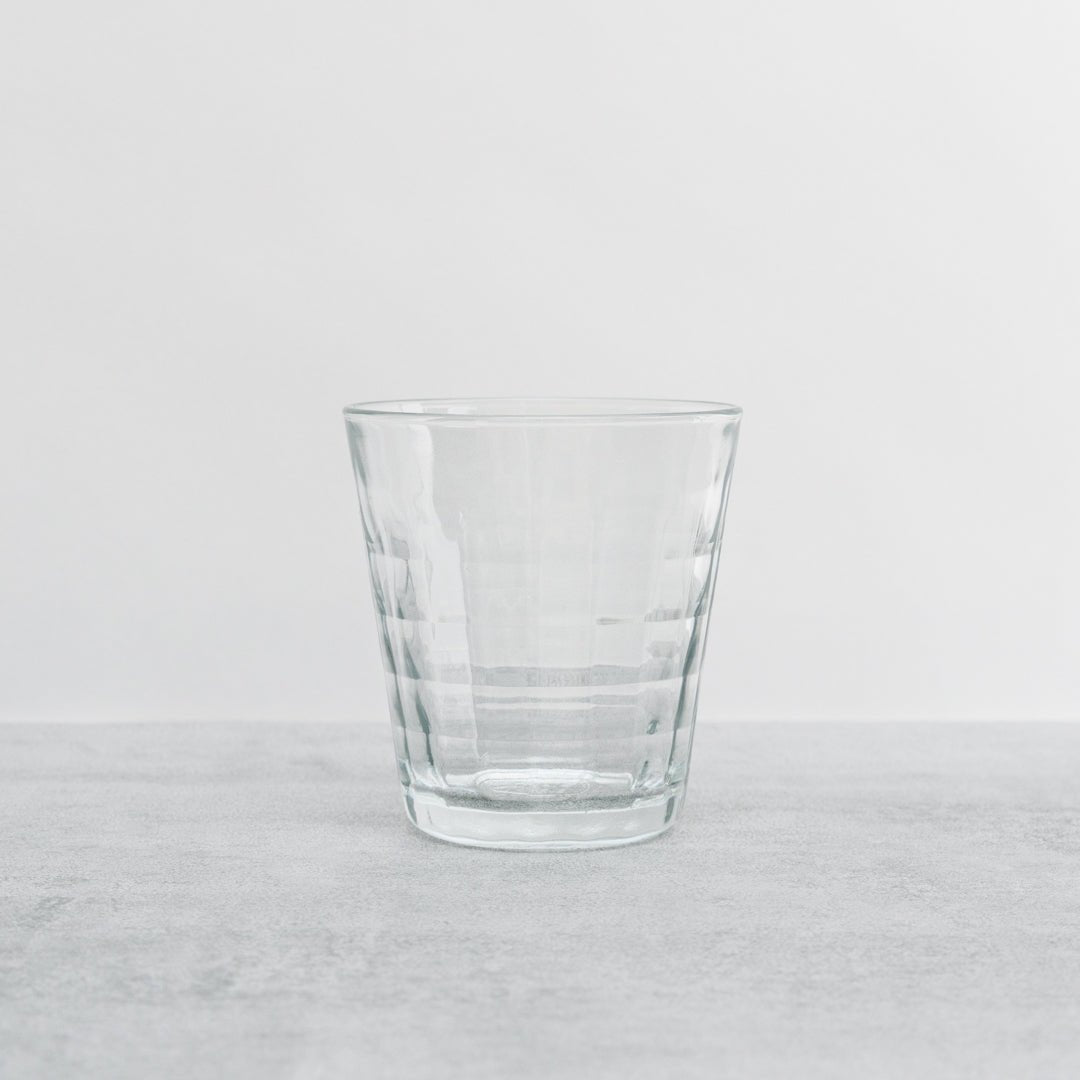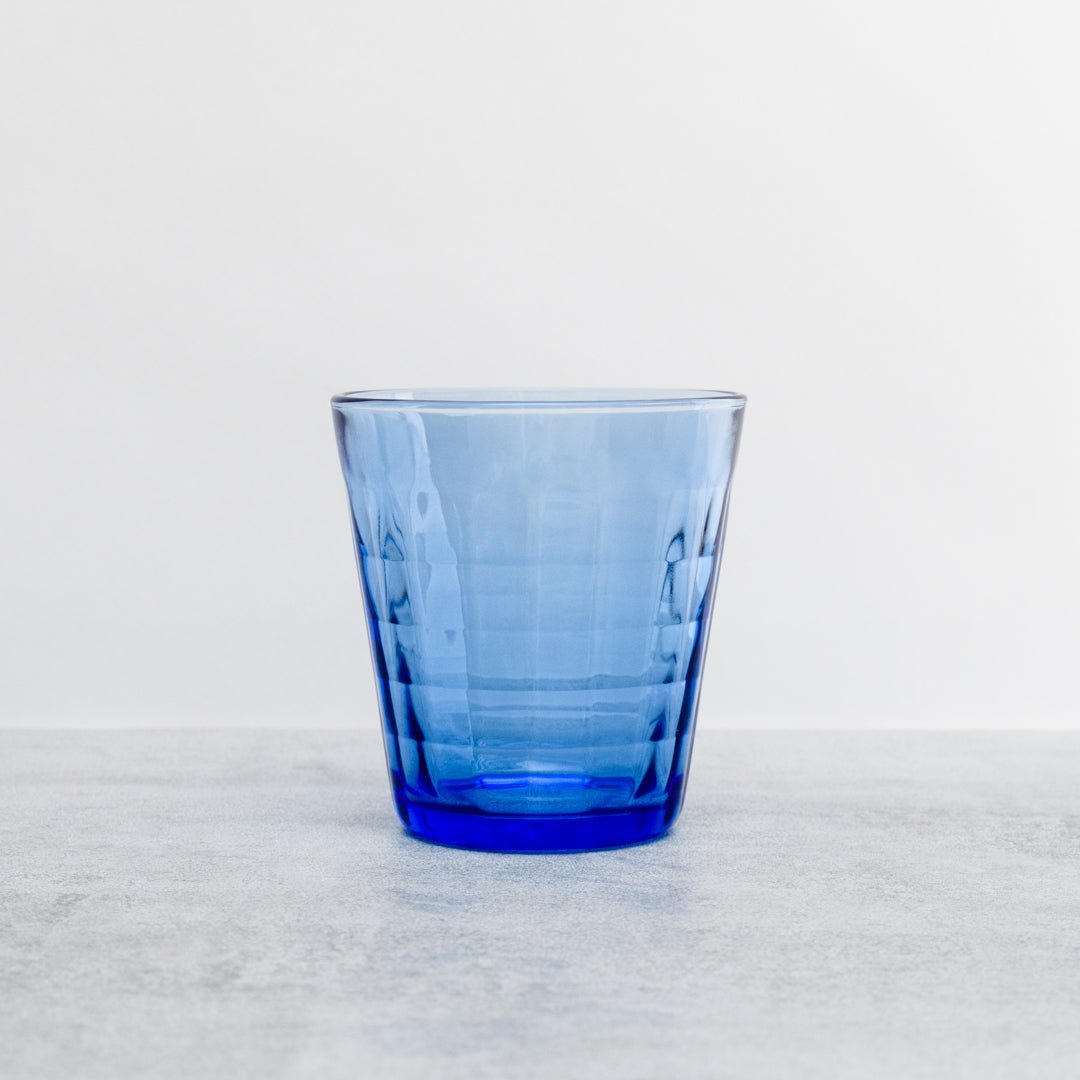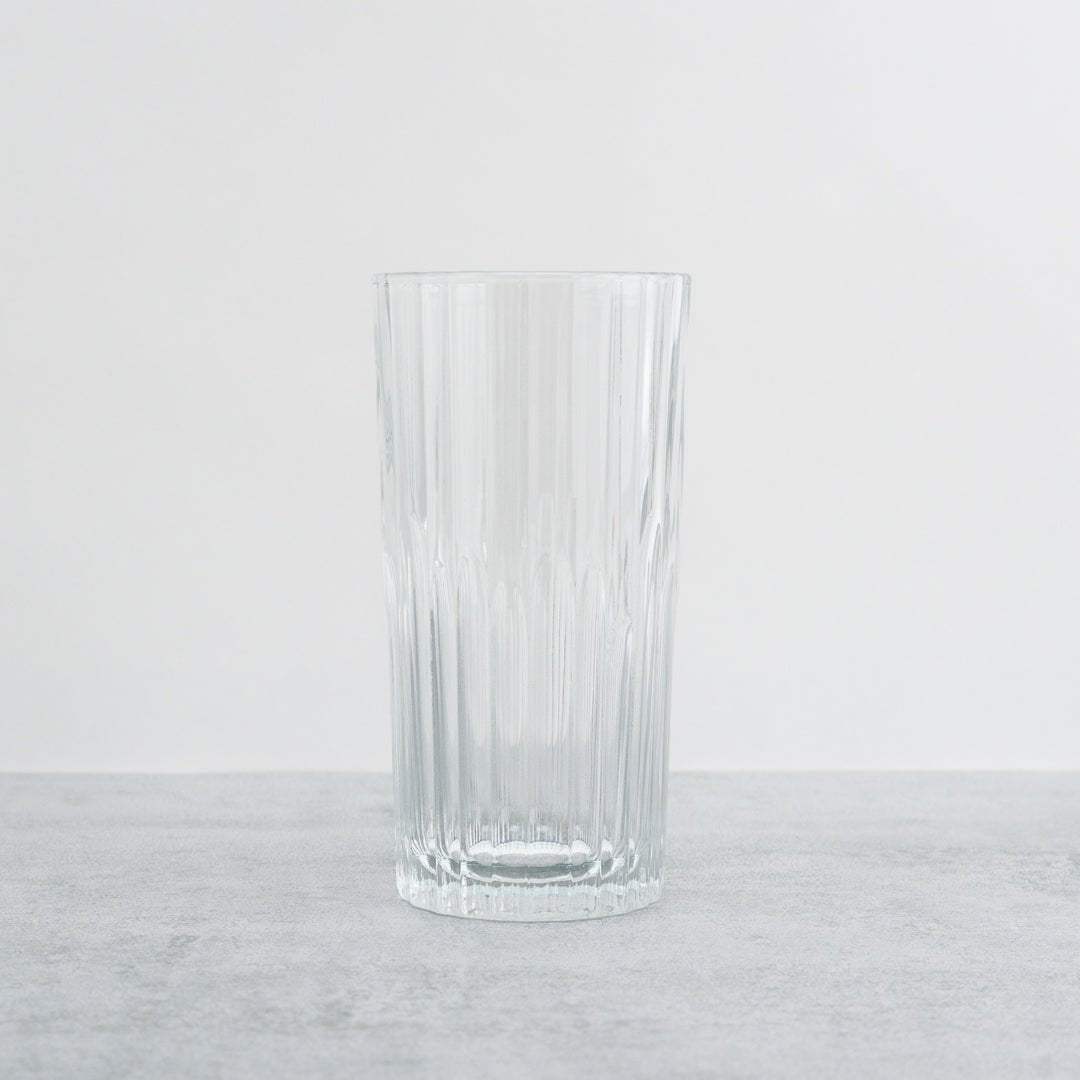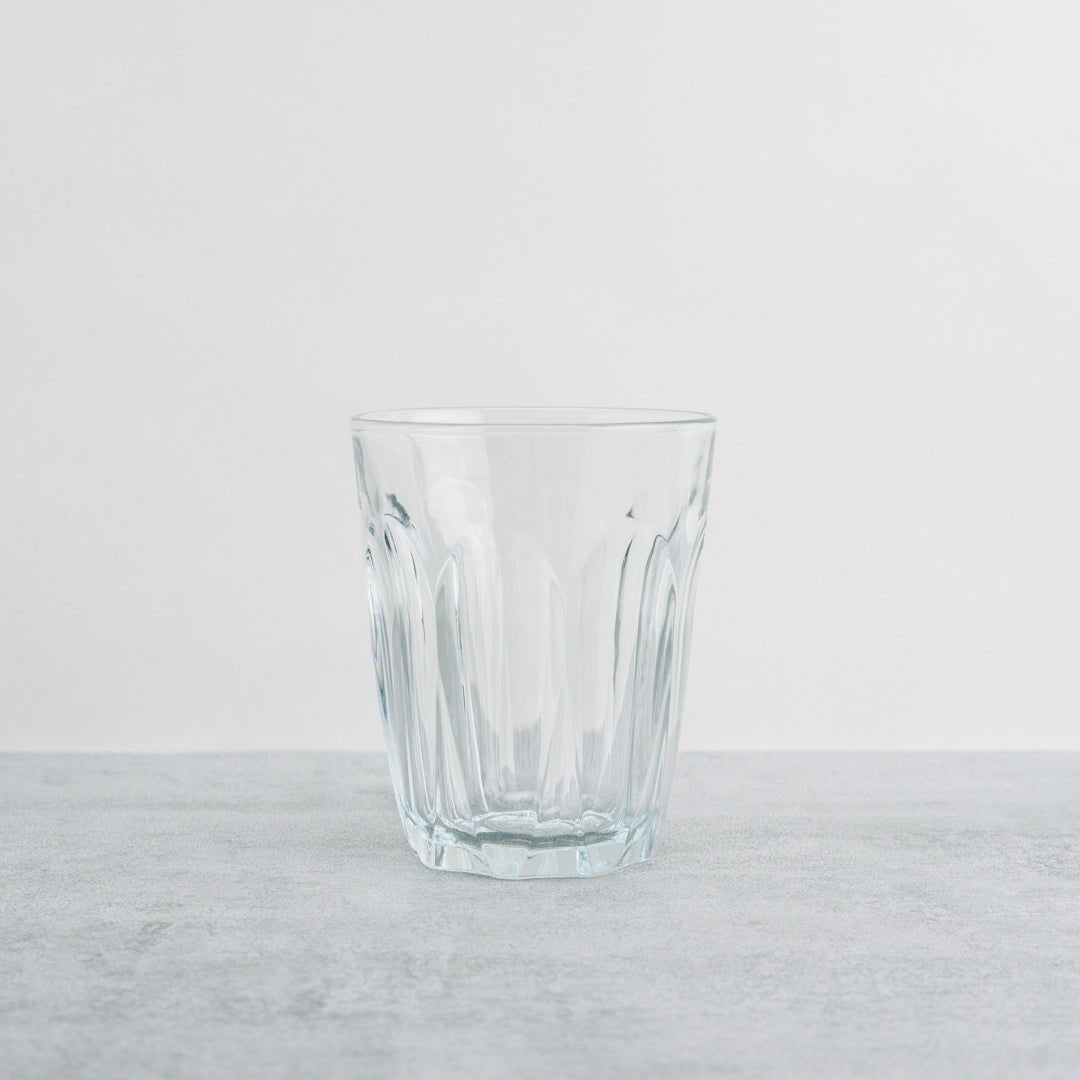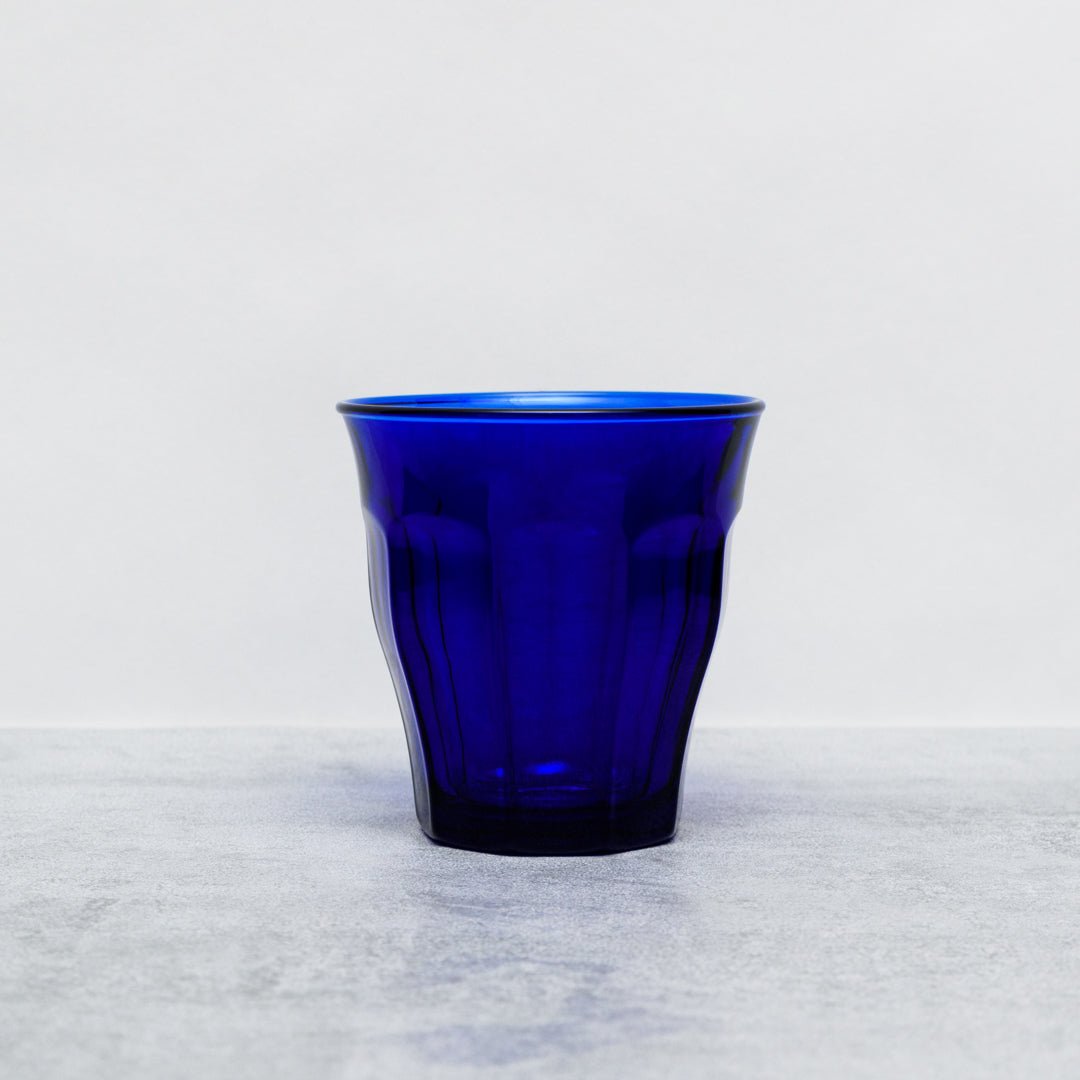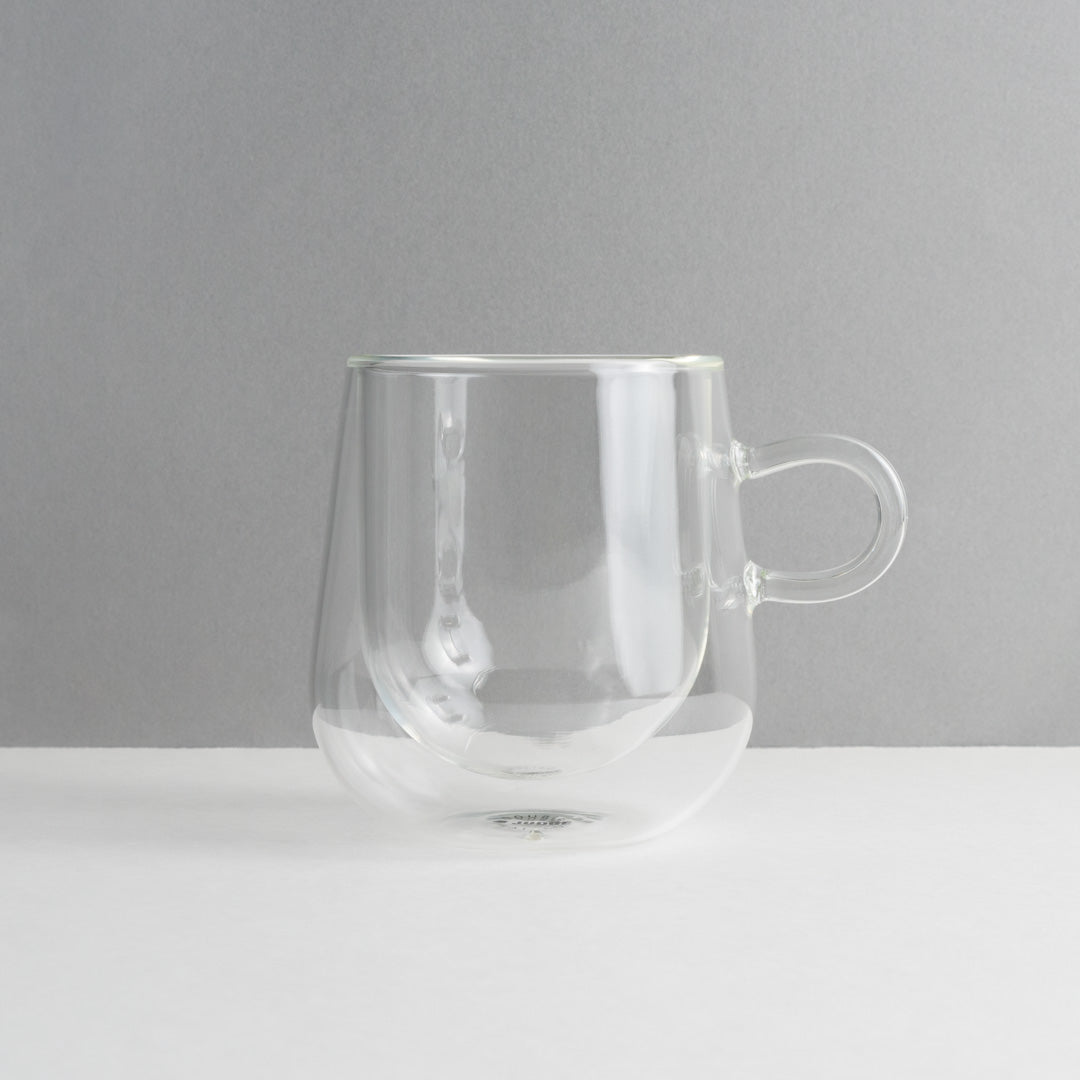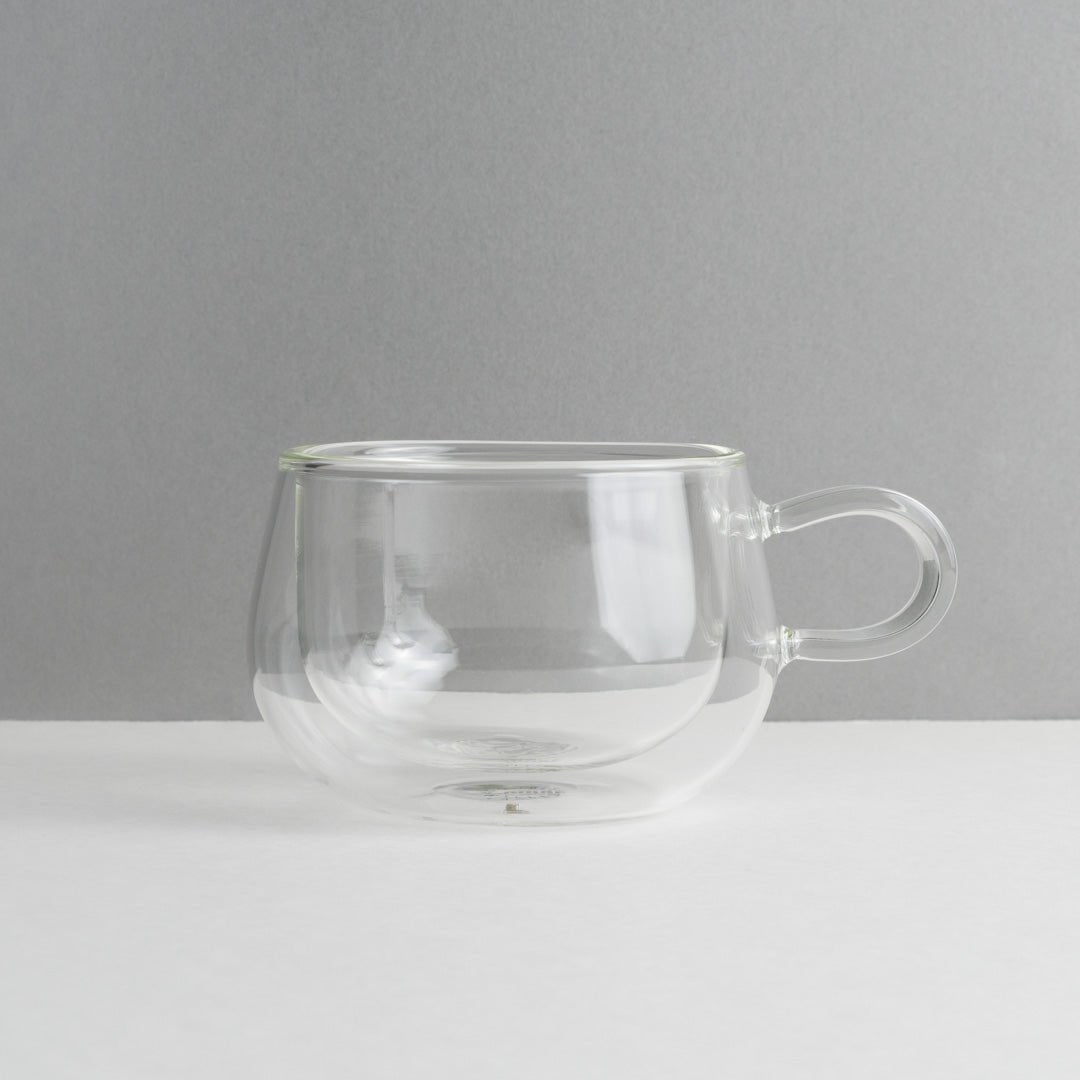Glassware
Glassware that stands up to real life. This collection includes some of the toughest drinking glasses out there, made with solid materials like Tritan Crystal, Tempered Glass and Borosilicate. They’re dishwasher-safe, child-resistant and cat-proof (mostly). Built for daily use, they feel good in your hand and last far longer than the usual lot. Less breakage means less waste and better value over time.
Glassware FAQs
Which is the most durable glassware for everyday use?
The most durable glassware for everyday use is typically made from tempered or borosilicate glass. These materials resist heat, knocks and cracks far better than standard glass. Borosilicate is especially tough - as in, lab-glass tough. Some brands even offer lifetime guarantees against chips and thermal shock. While no glassware is invincible, thick, balanced designs tend to survive daily use with fewer mishaps. Learn more about how we research the world’s most durable products.
How should I clean glassware to keep it crystal-clear?
To keep glassware crystal-clear, wash by hand in warm water with a mild detergent. Steer clear of scouring pads, which can scratch. Rinse thoroughly and either air dry upside down or polish with a lint-free cloth. Hard water marks? Add a splash of vinegar to your rinse. Toughened pieces may go in the dishwasher, but skip it for anything thin or decorative - no one likes a frosted tumbler that wasn’t meant to be.
Can I put tempered or borosilicate glass in the microwave or oven?
Yes, both tempered and borosilicate glass can generally go in the microwave or oven, but always check the manufacturer’s instructions first. Borosilicate handles thermal shock brilliantly - it’s used in labs for good reason. Tempered glass is also heat-tough, though sudden temperature swings can still cause cracks. As a rule of thumb, don’t slam hot glass on a chilly worktop or you’ll hear a very sad snapping sound.
What’s the best way to remove stickers or residue from glassware?
The best way to remove stickers from glassware is to soak it in warm, soapy water for about 15–30 minutes. Most adhesives loosen right up. For anything clingy, rub gently with a vinegar-soaked cloth or make a paste of bicarbonate of soda and oil. Use a plastic scraper or old gift card - metal tools may scratch. It’s surprisingly satisfying watching stubborn labels slide off like they were never there.
How do I safely pack glassware when moving house?
To safely pack glassware for moving house, wrap each piece in cloth or paper and place heavier items at the bottom of the box. Keep everything snug, separated with towels or cardboard to prevent clinks and cracks. Stand glasses upright - don’t nest them - and label boxes “fragile” and “this way up”. A bit of fuss now saves a lot of heartache (and sweeping up) later. For extra tips, see our blog on how to make your house move a lifetime opportunity.
Is household glassware recyclable or should it be disposed of differently?
Most household glassware - especially if it’s tempered or borosilicate - isn’t accepted in standard kerbside recycling. It melts at different temps than bottles and can ruin regular recycling batches. Best bet? Contact your local recycling centre, or repurpose where you can. If it’s broken, wrap well before binning. Buying durable glassware in the first place means fewer chips, less waste and fewer trips to the tip.
Can chipped glassware be safely repaired or reused?
Chipped glassware shouldn’t be reused for food or drink - those nicks can harbour bacteria and might worsen. Sadly, it’s not something you can usually fix at home, either. Sentimental piece? Repurpose it as a little plant pot or storage jar. For everyday use, replacement is the safer shout. Investing in high-quality glassware from the get-go means chips are less likely. Browse our Product Care and Repair hub for more glass-saving ideas.

